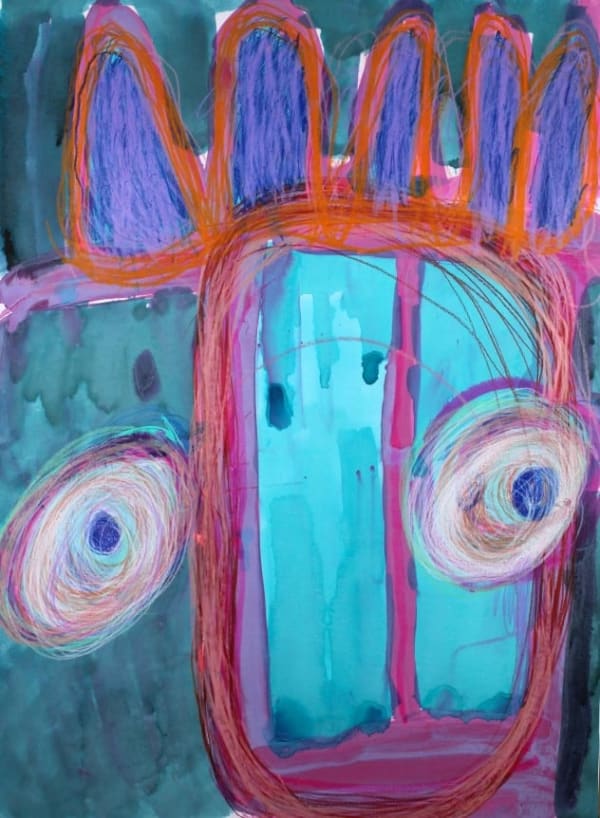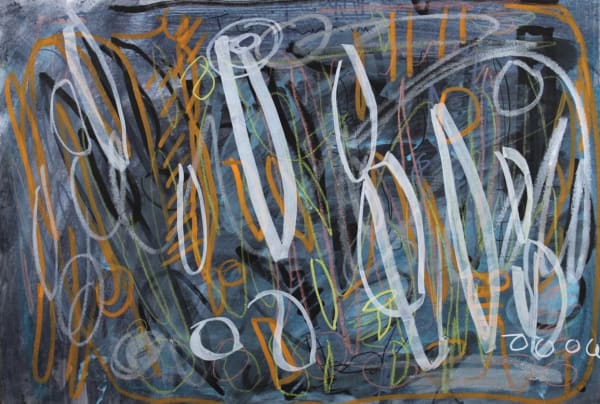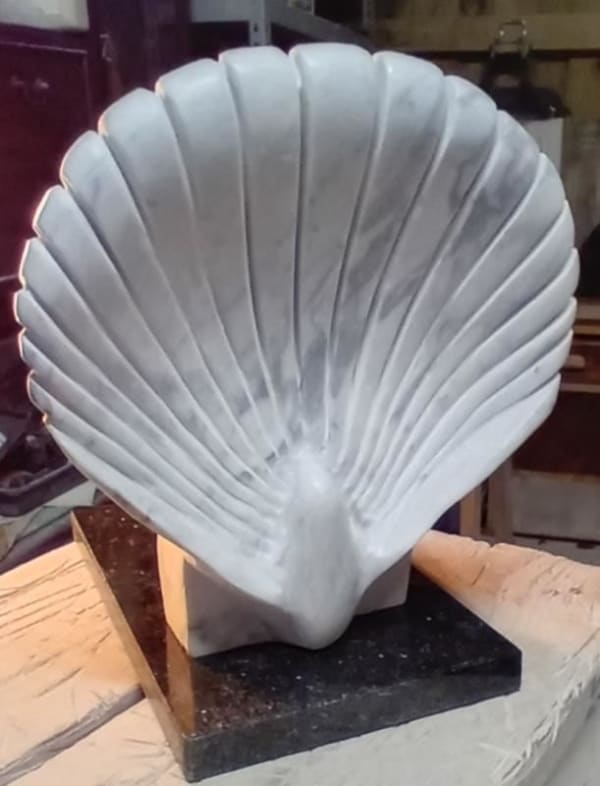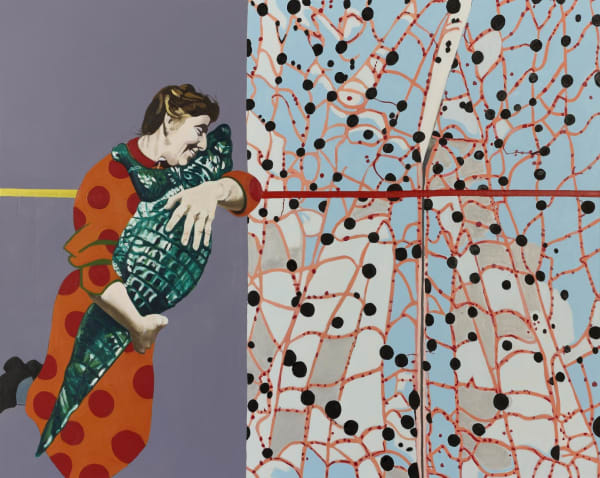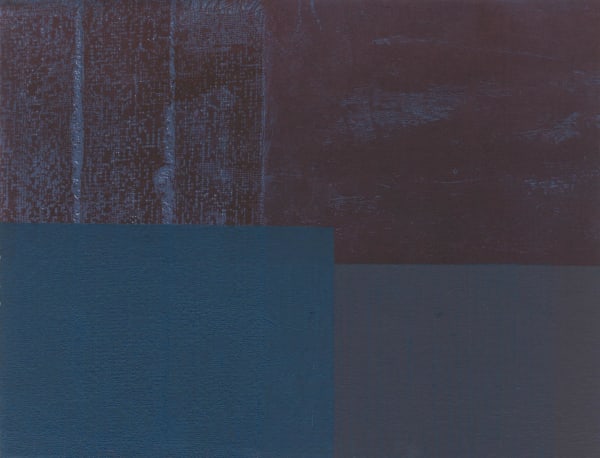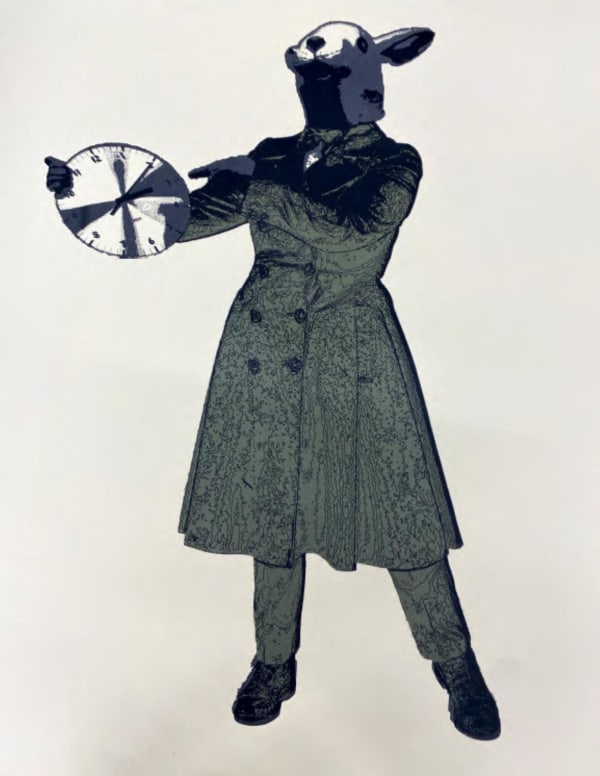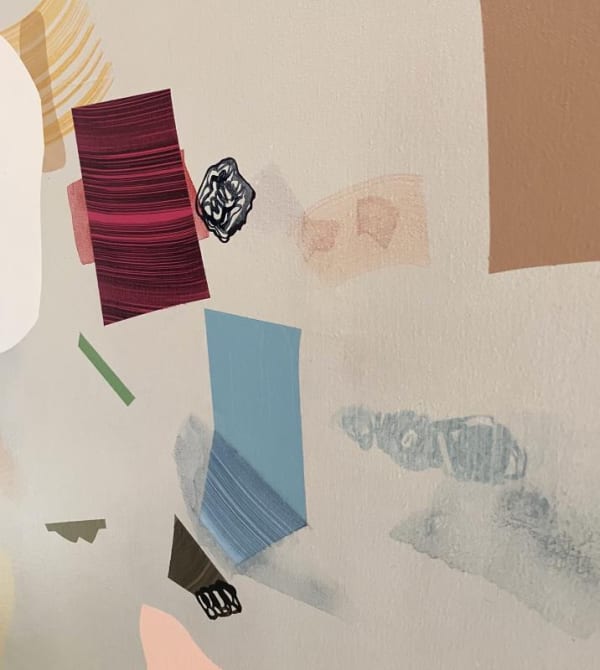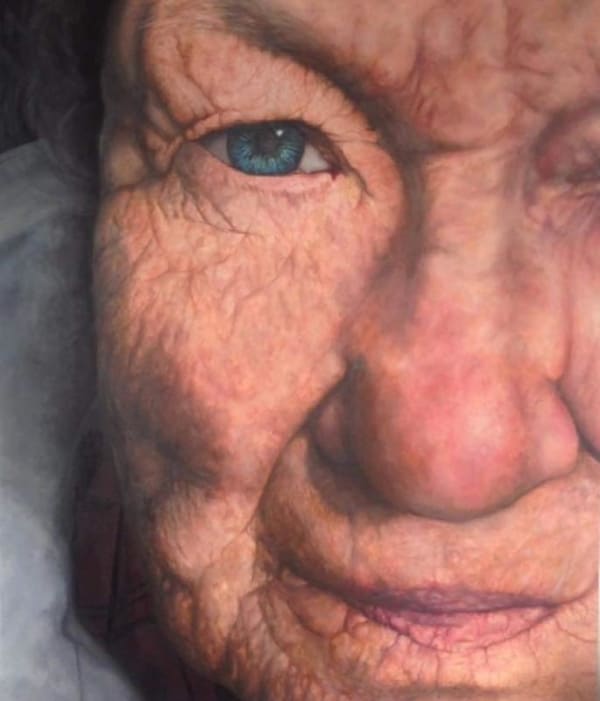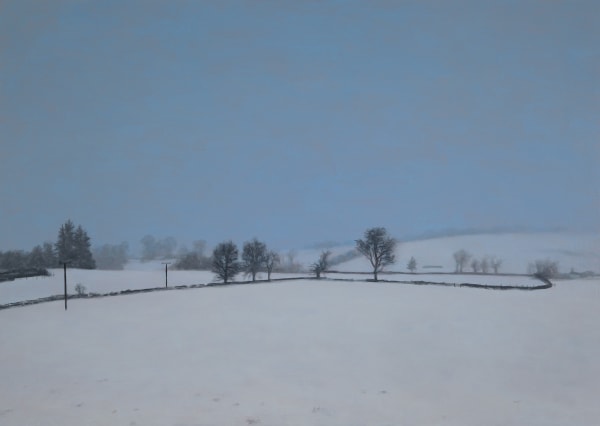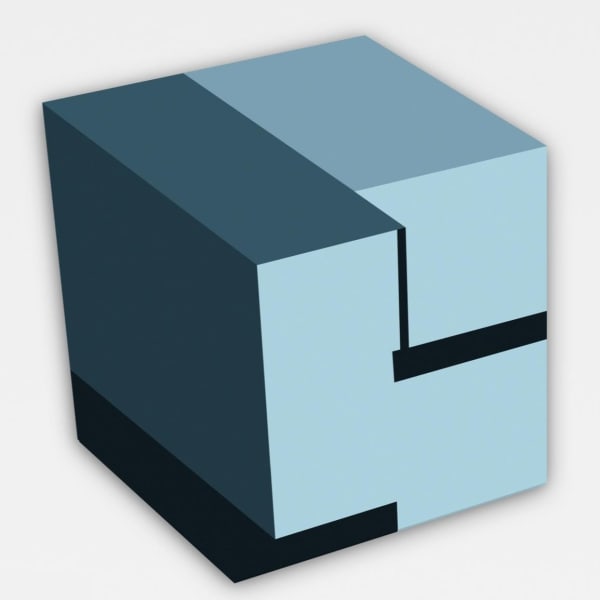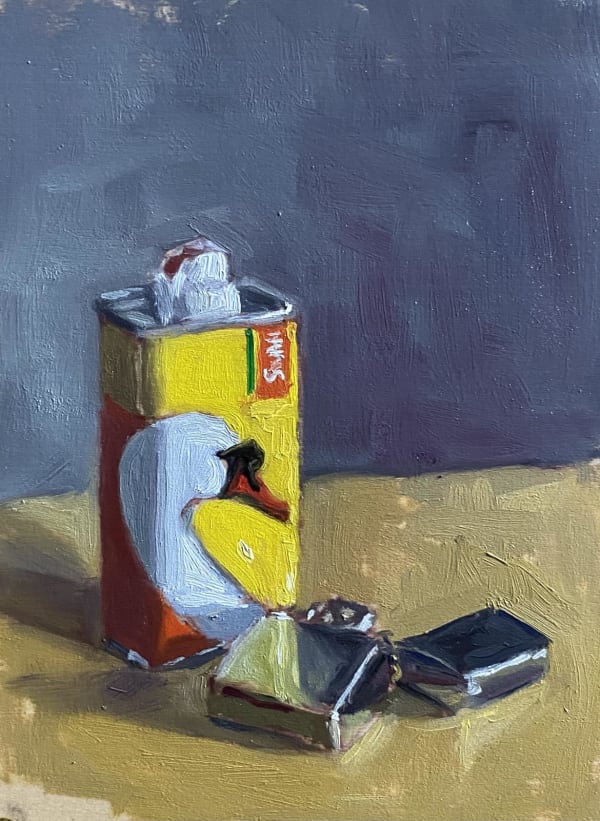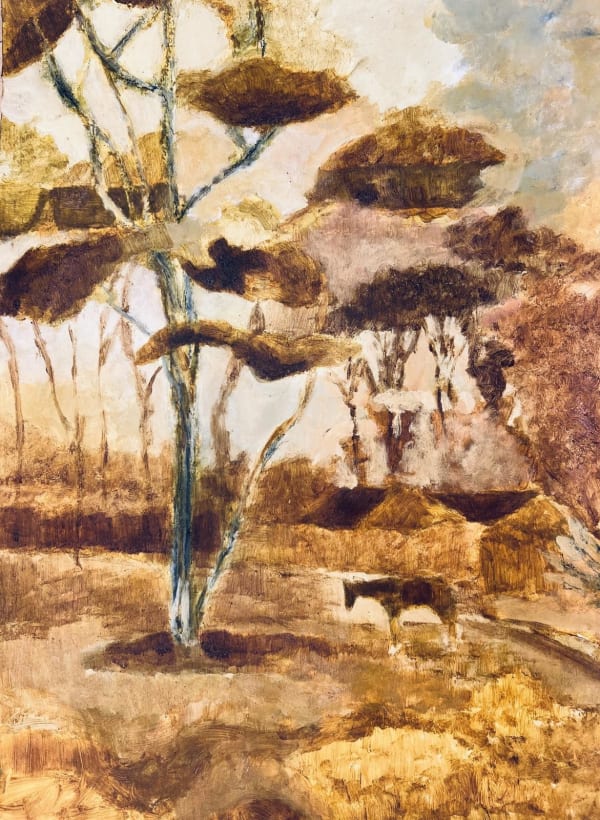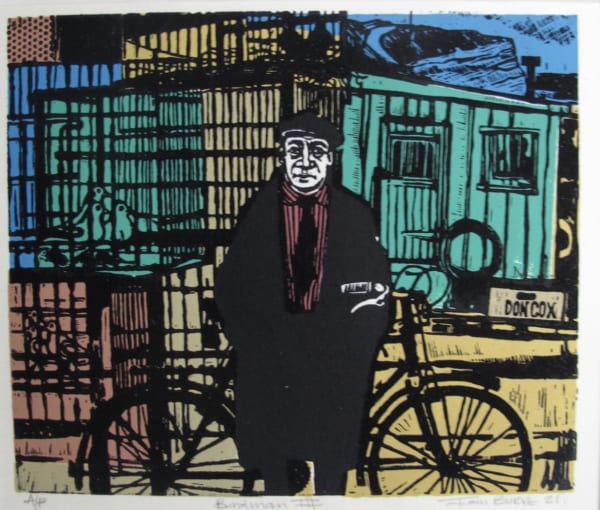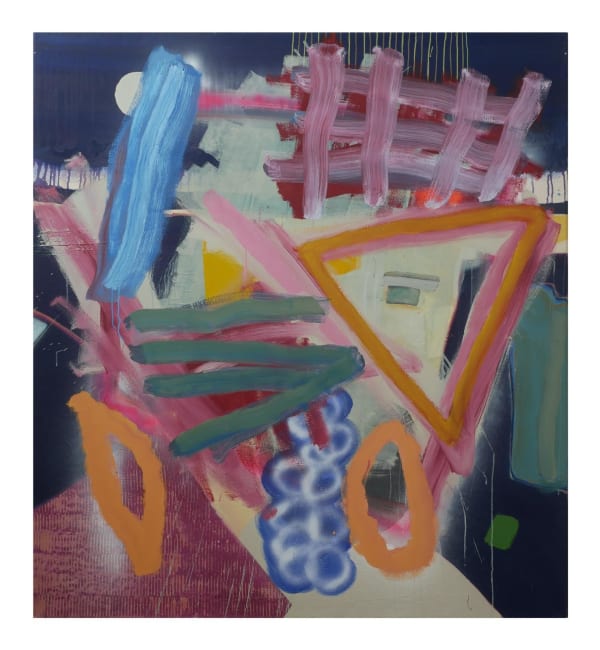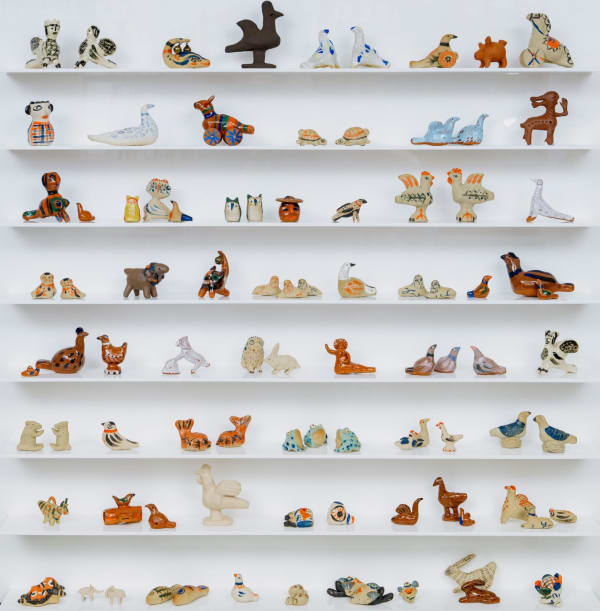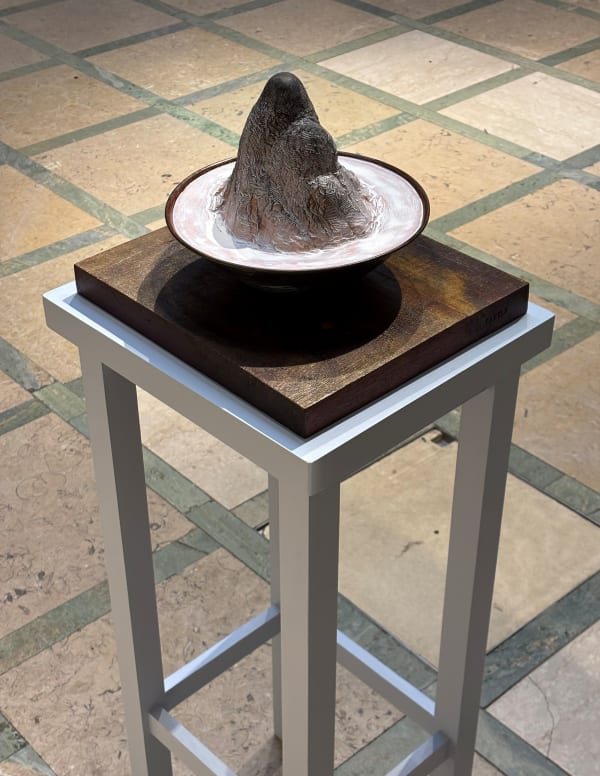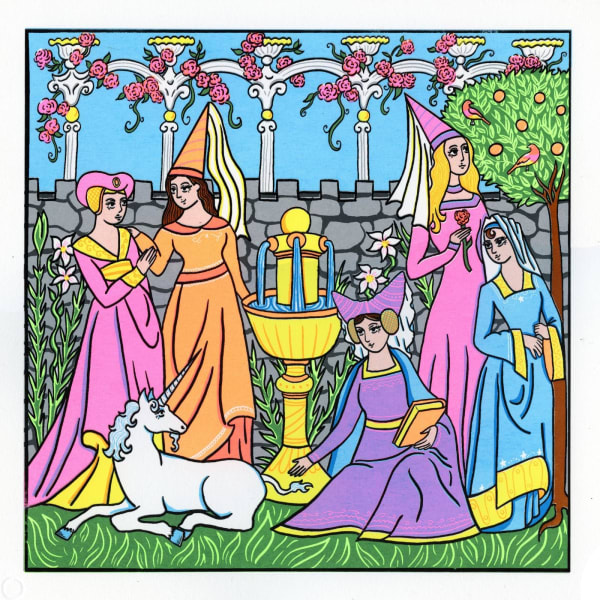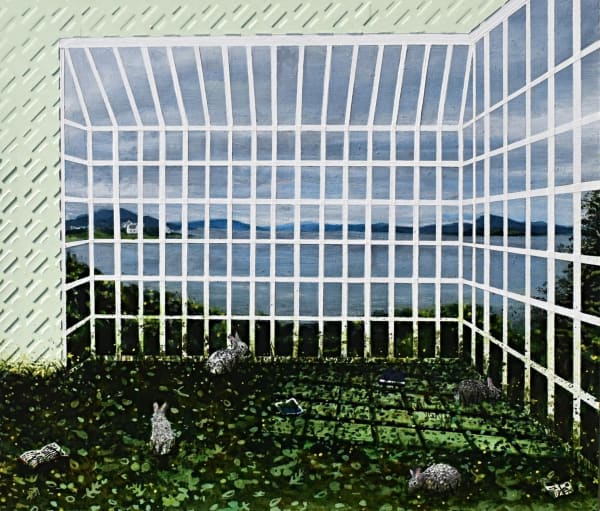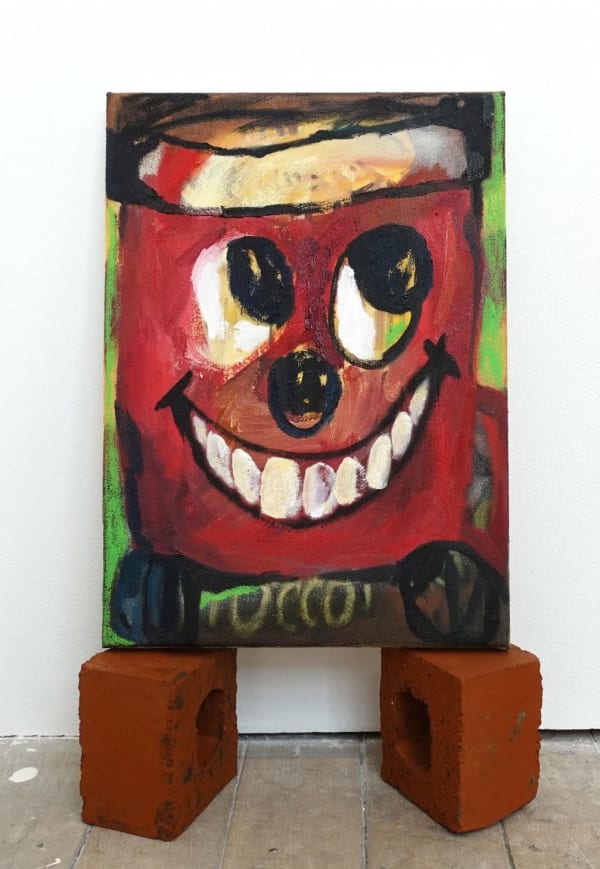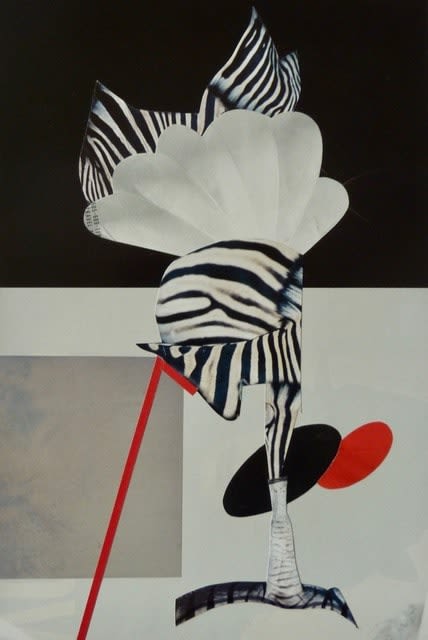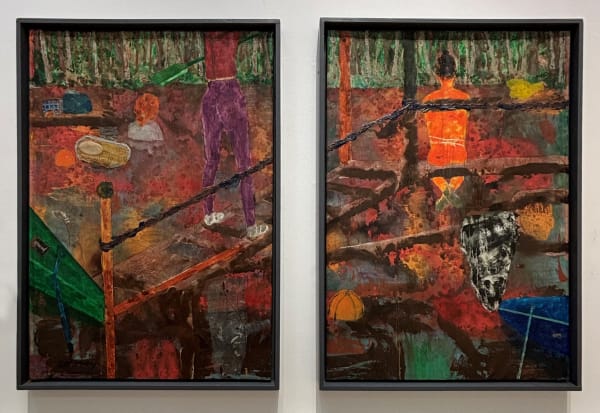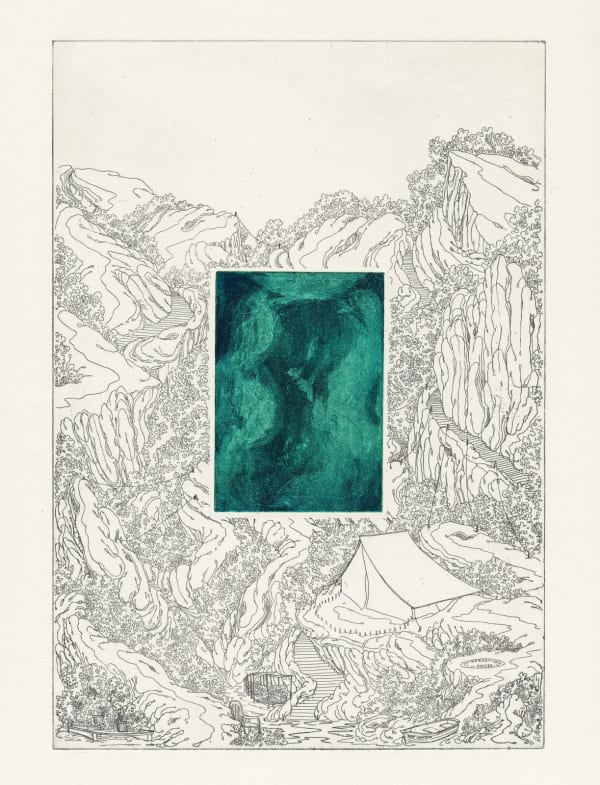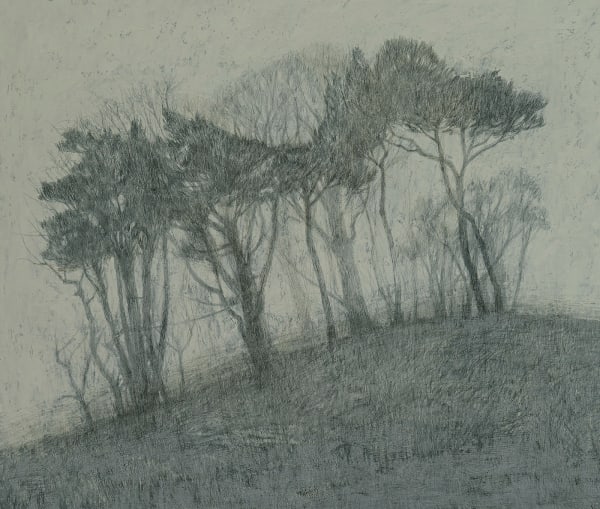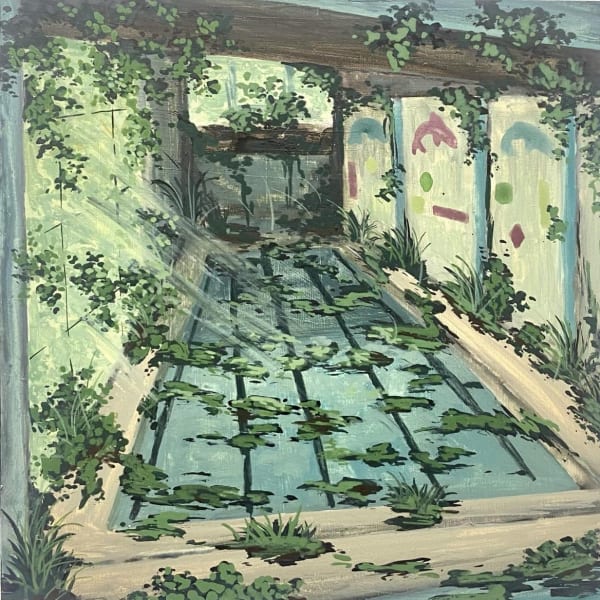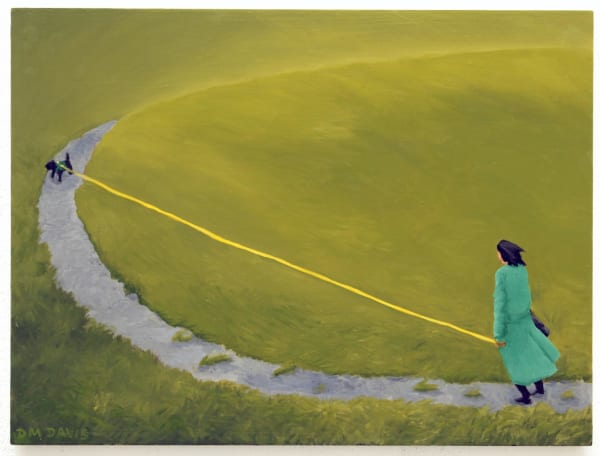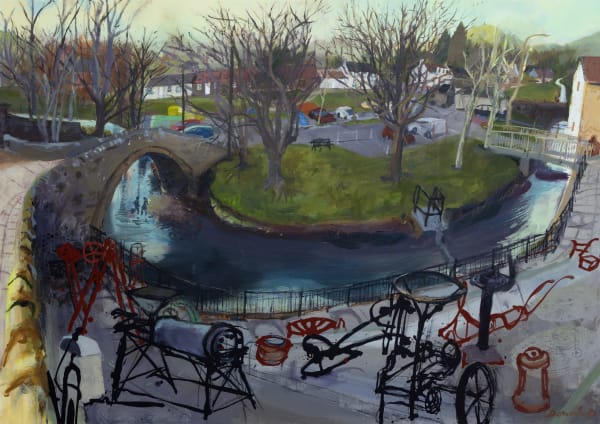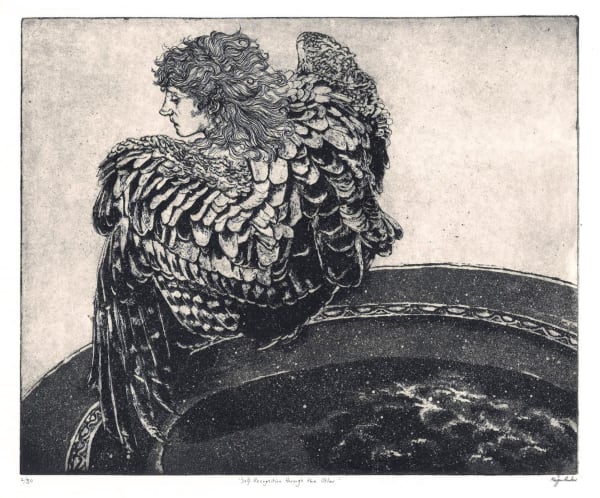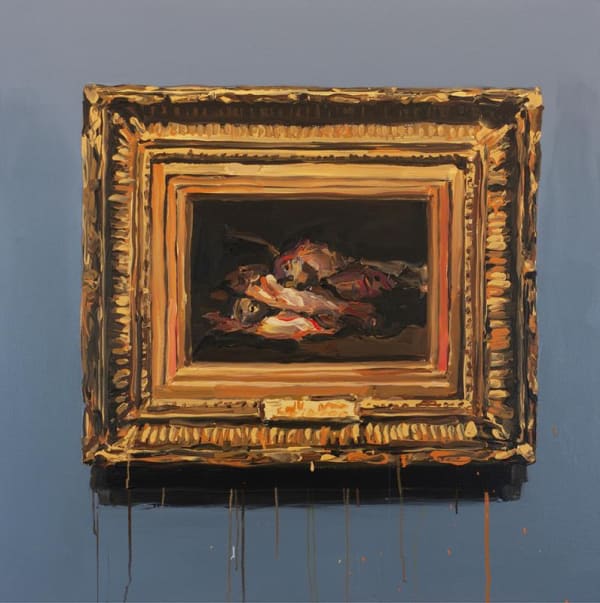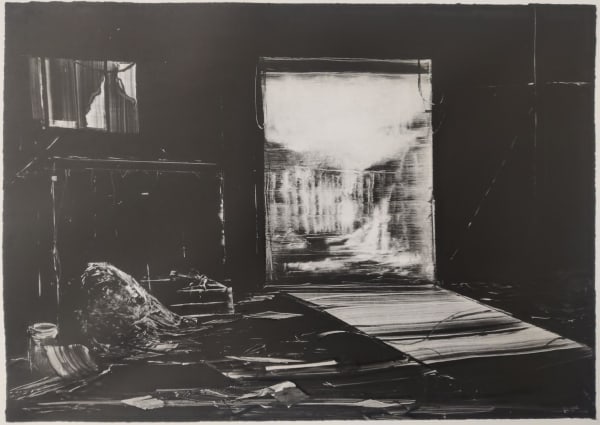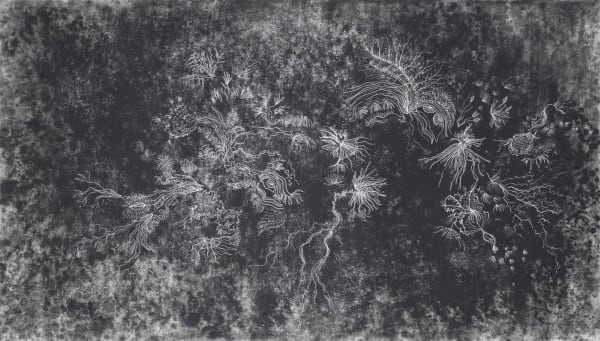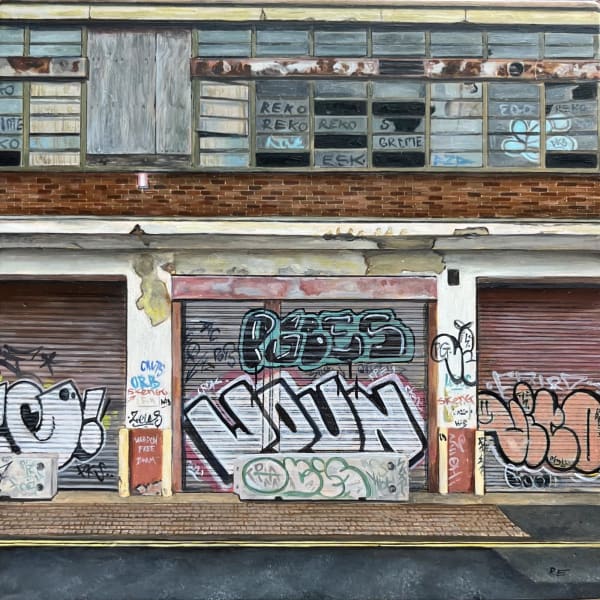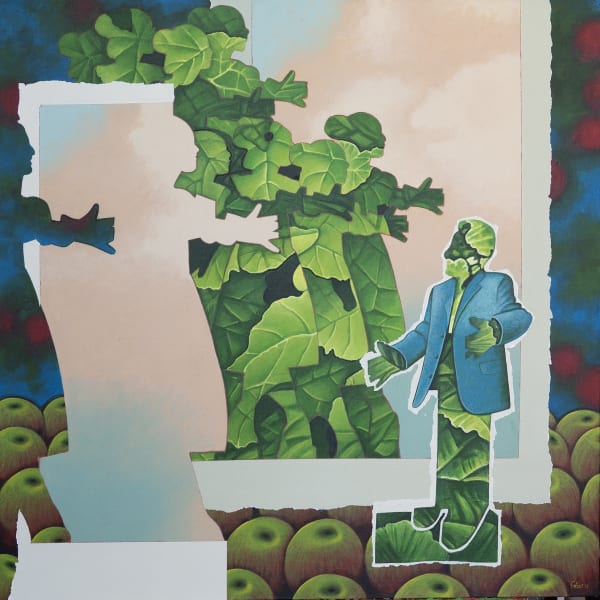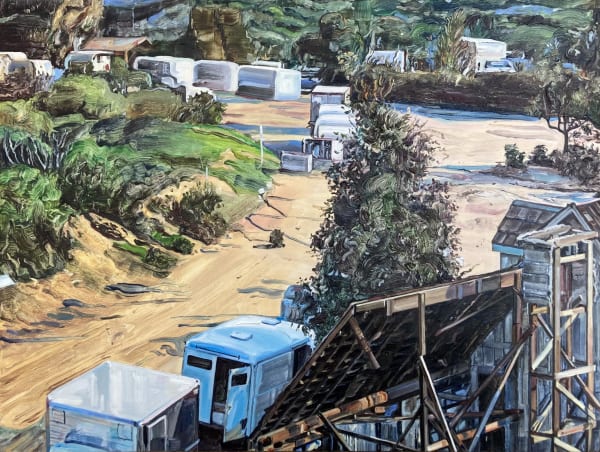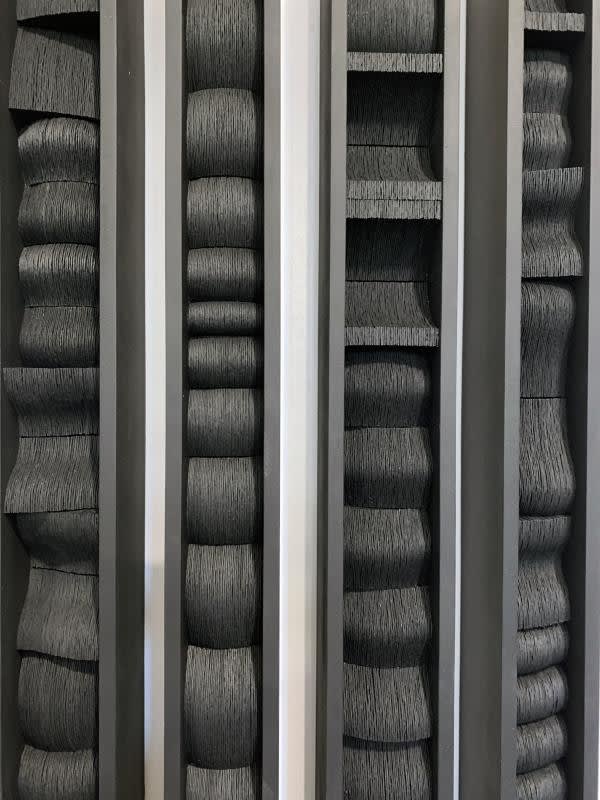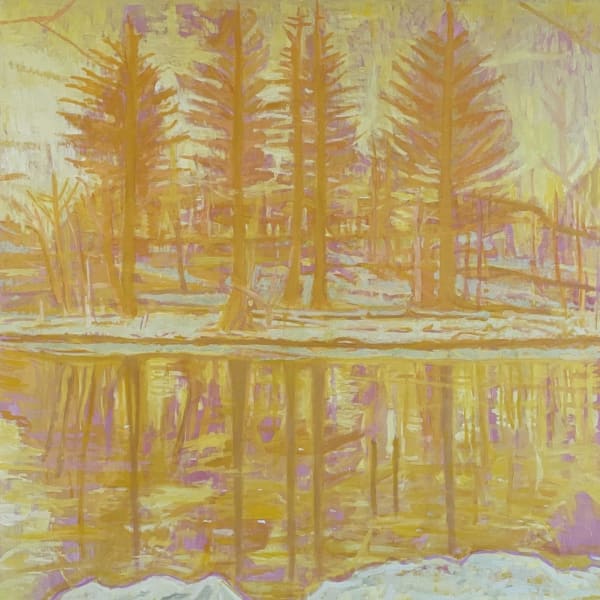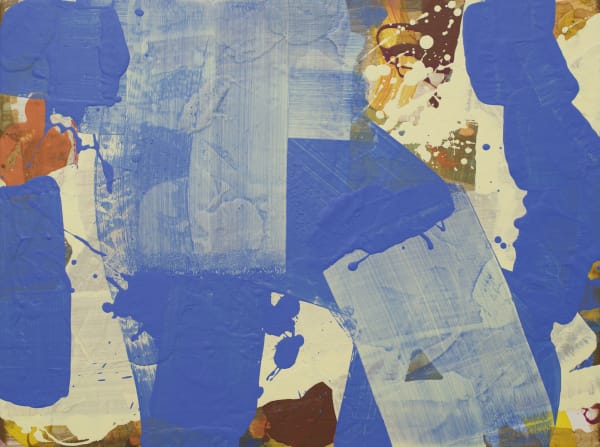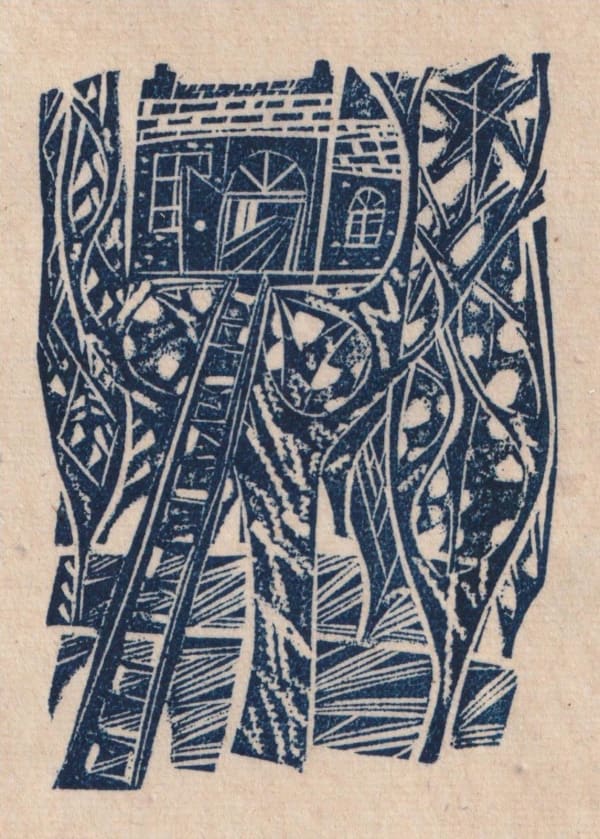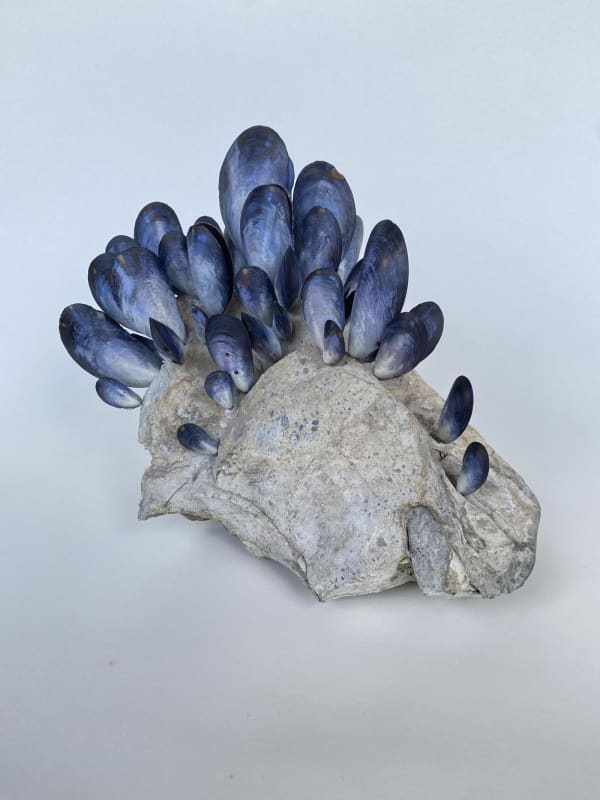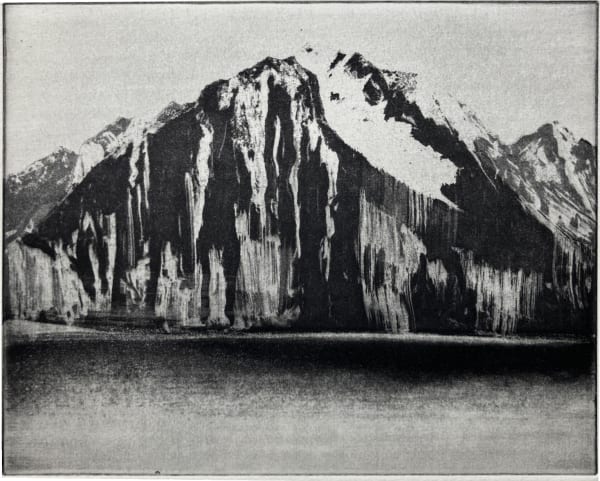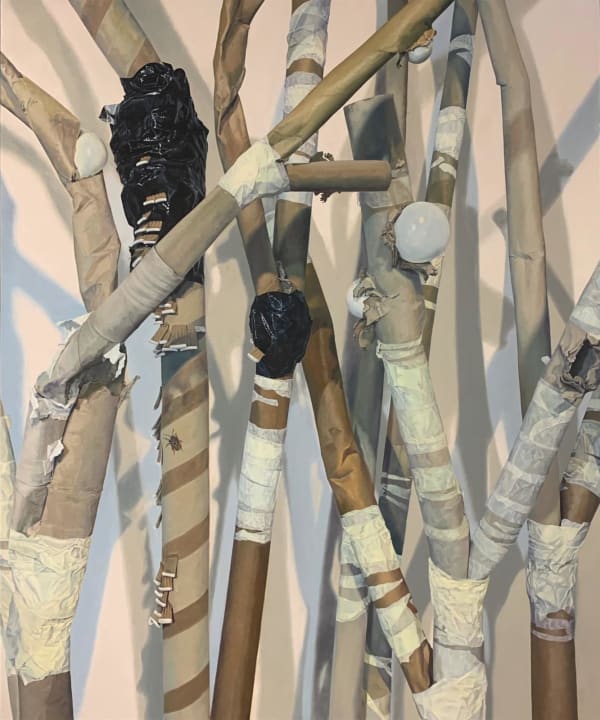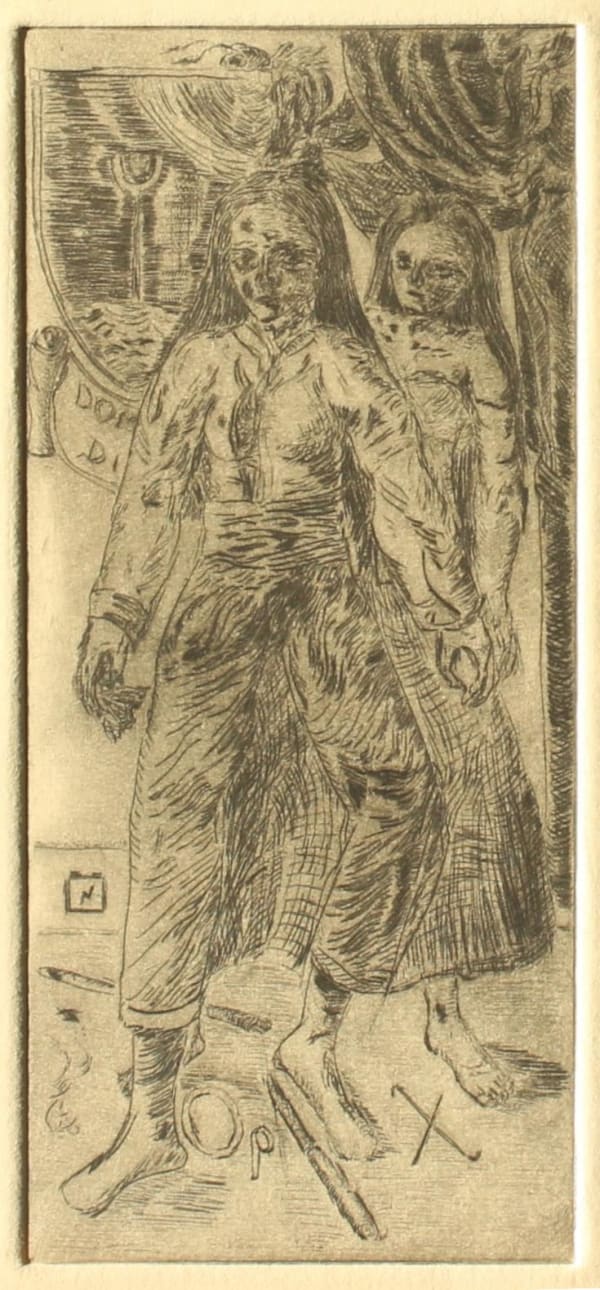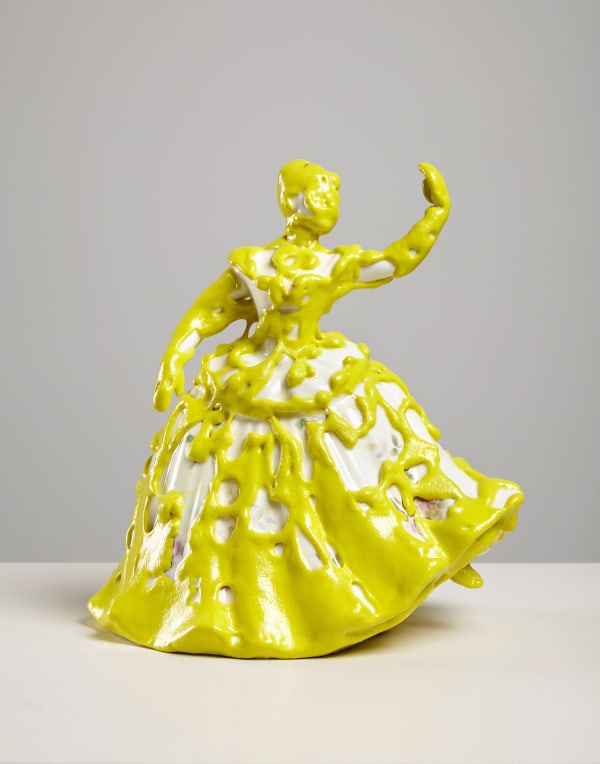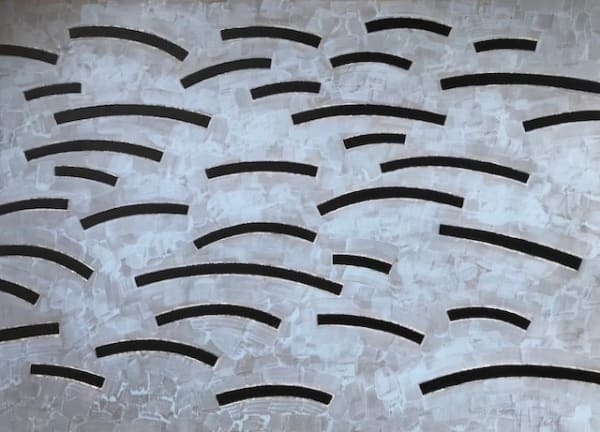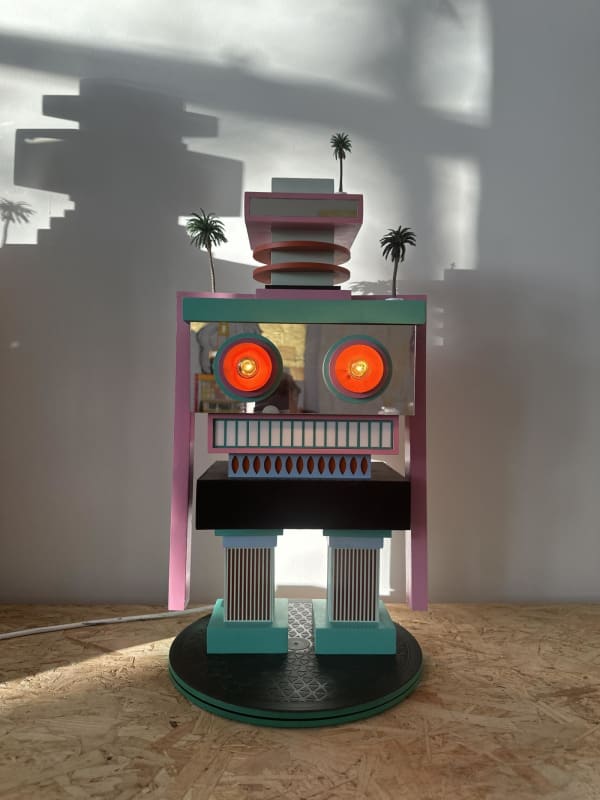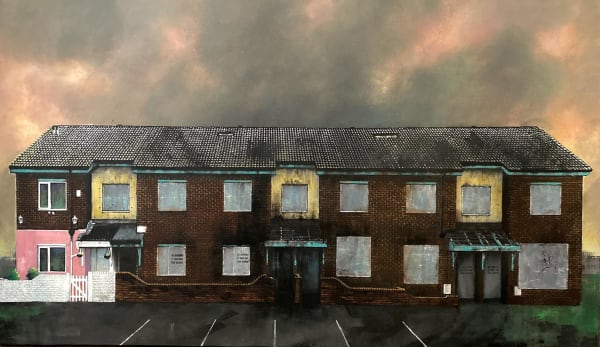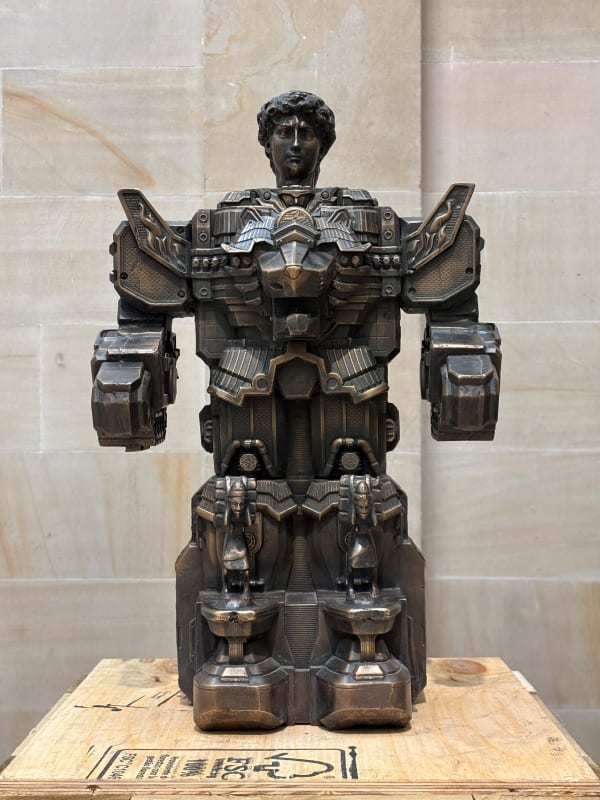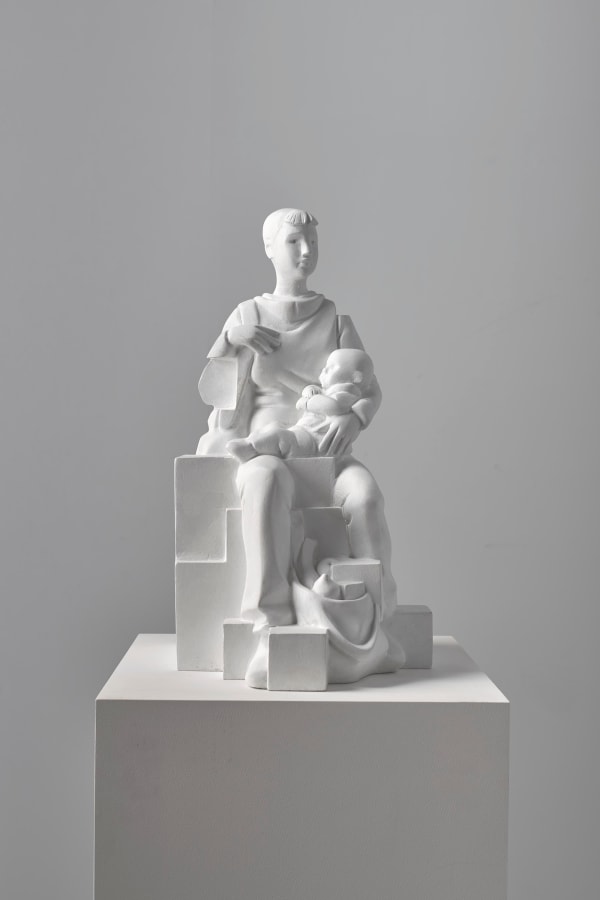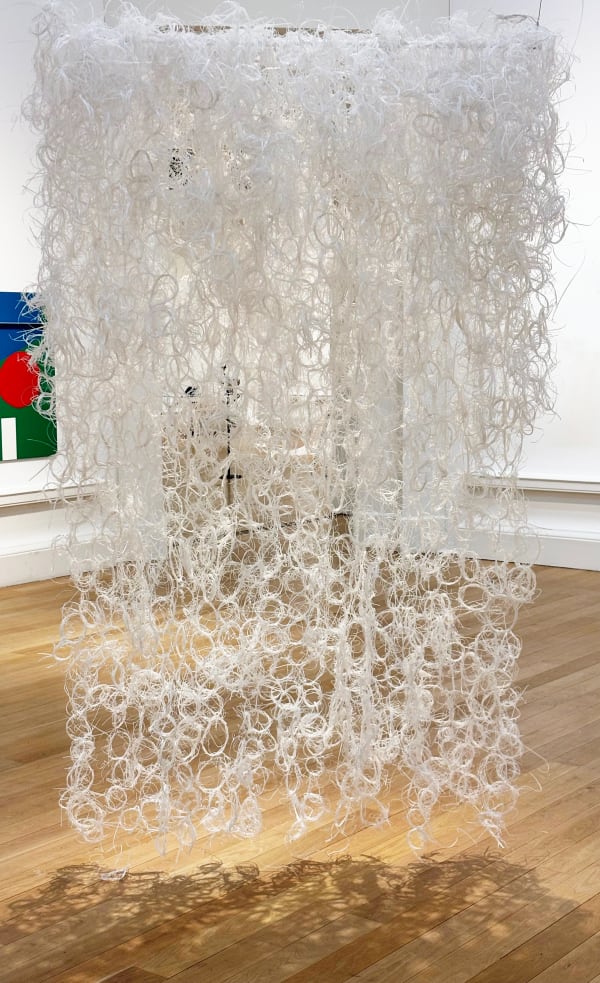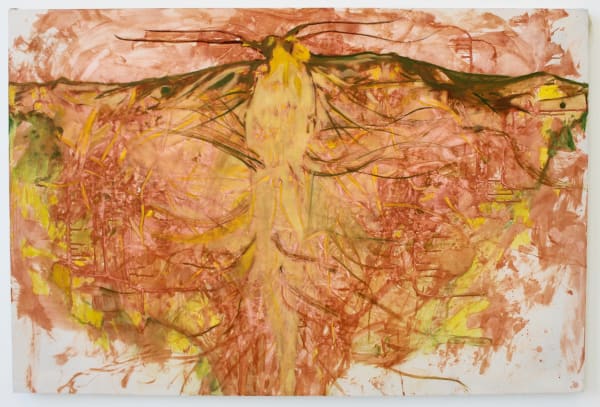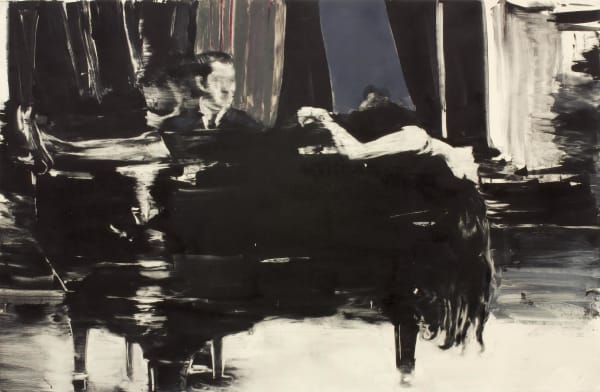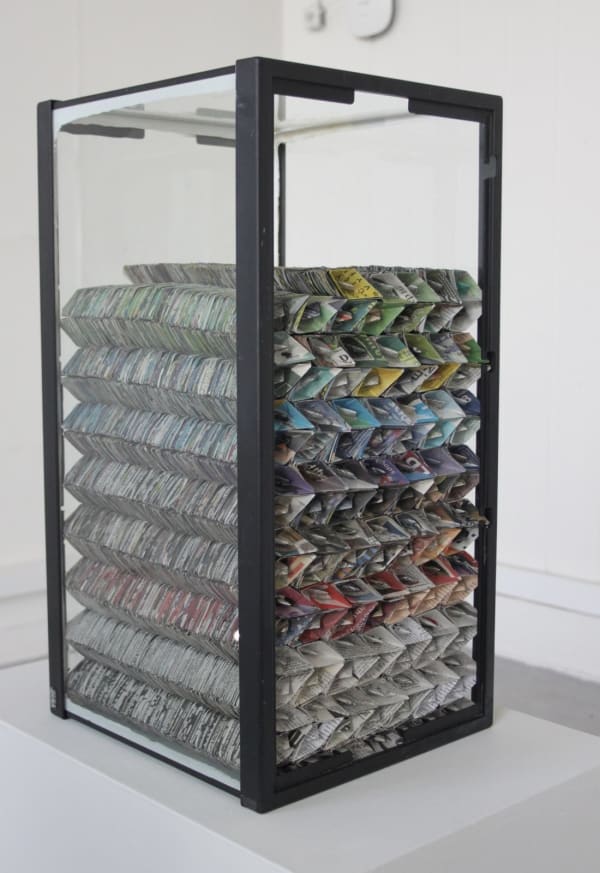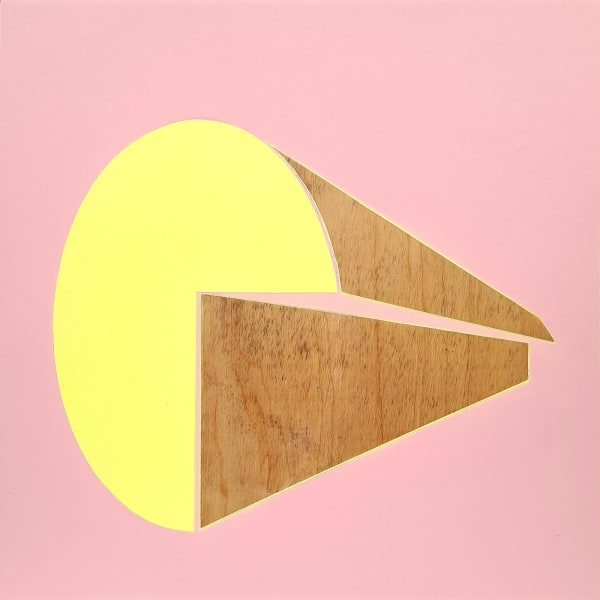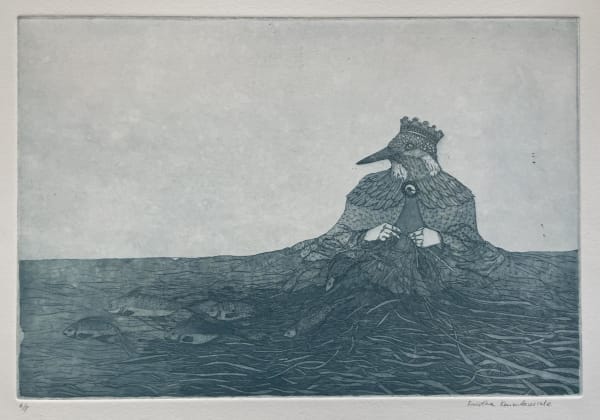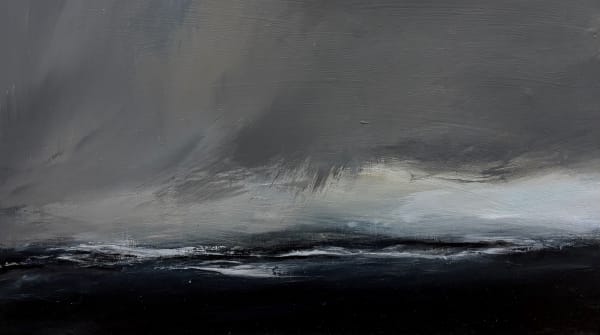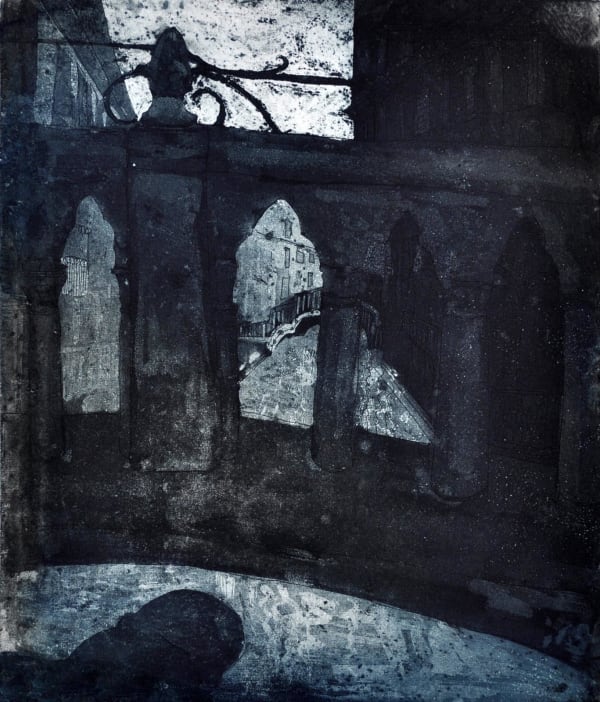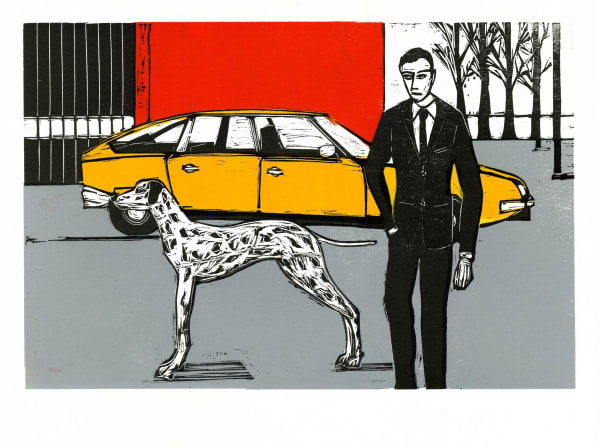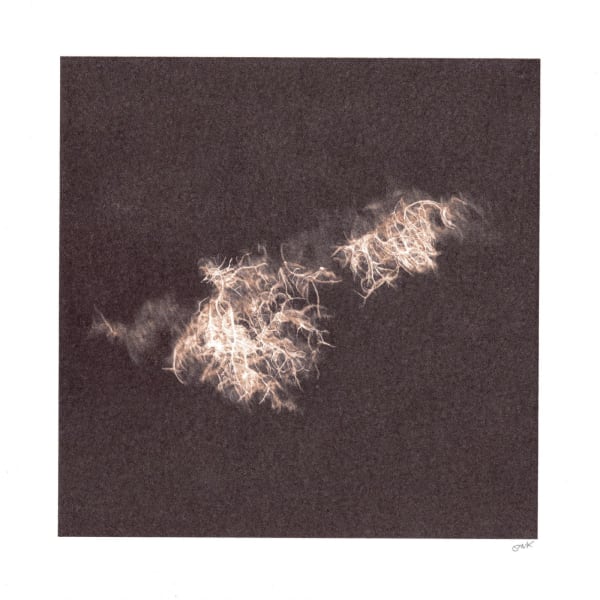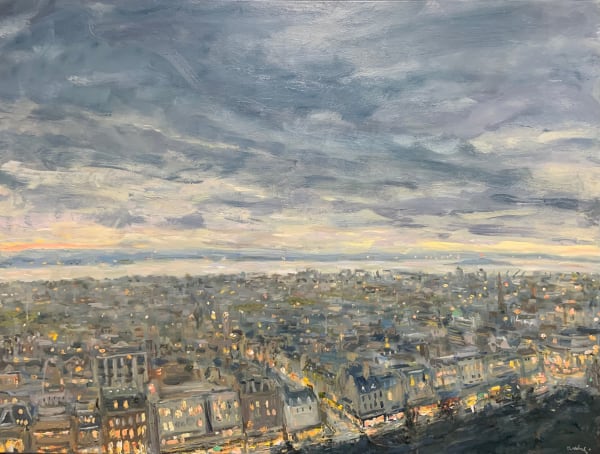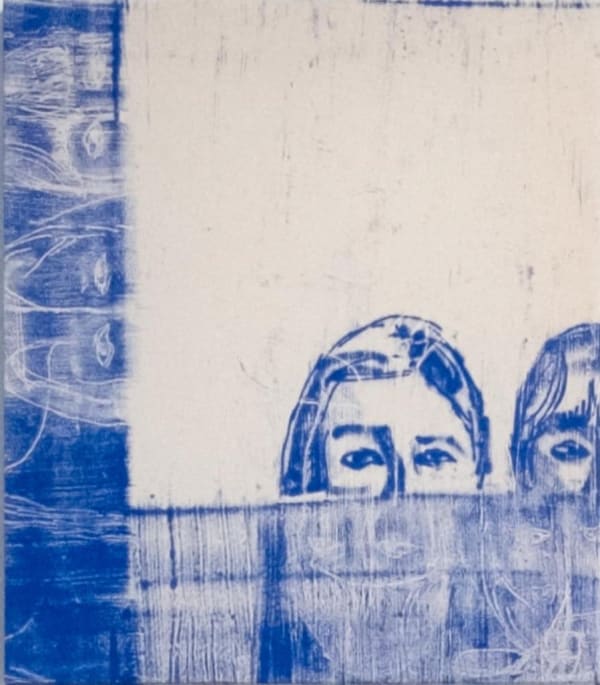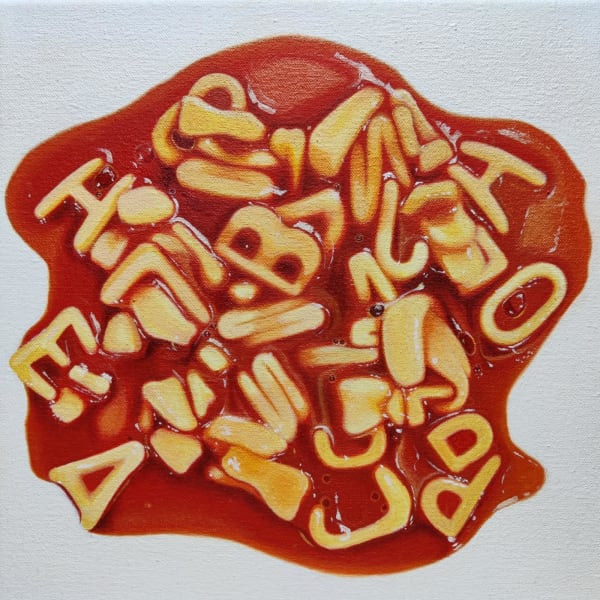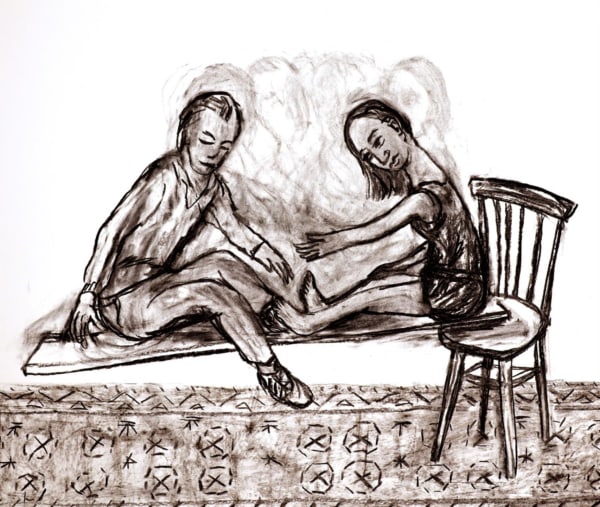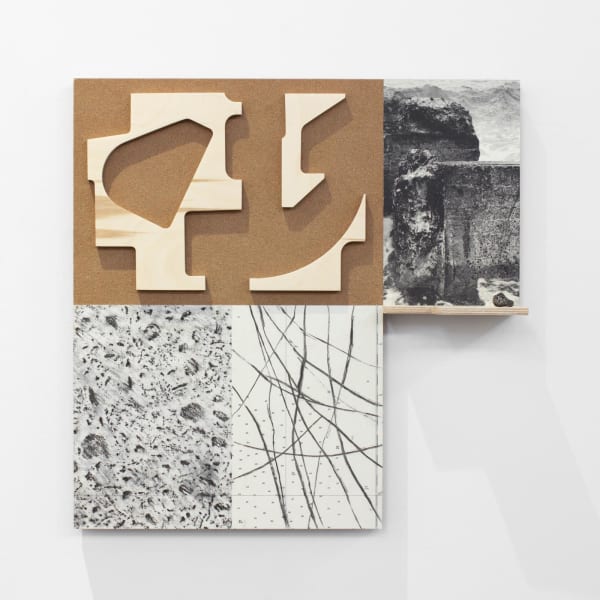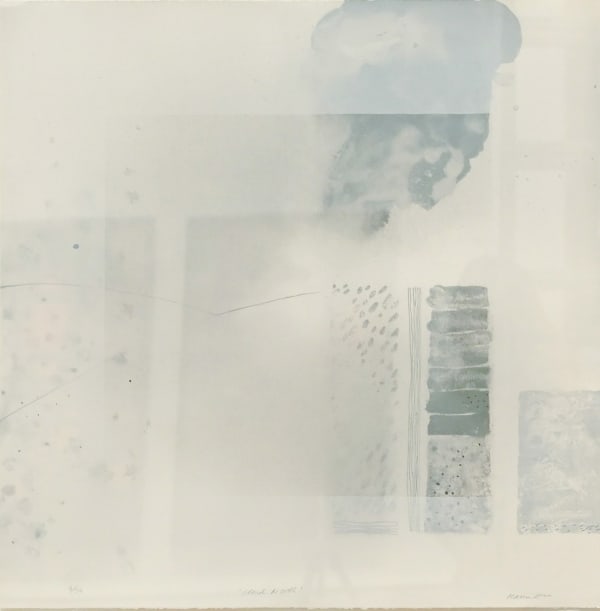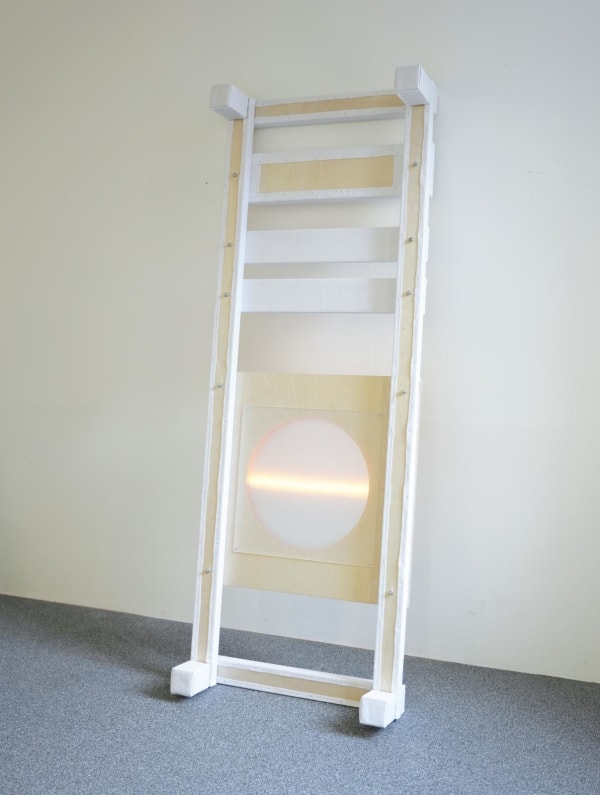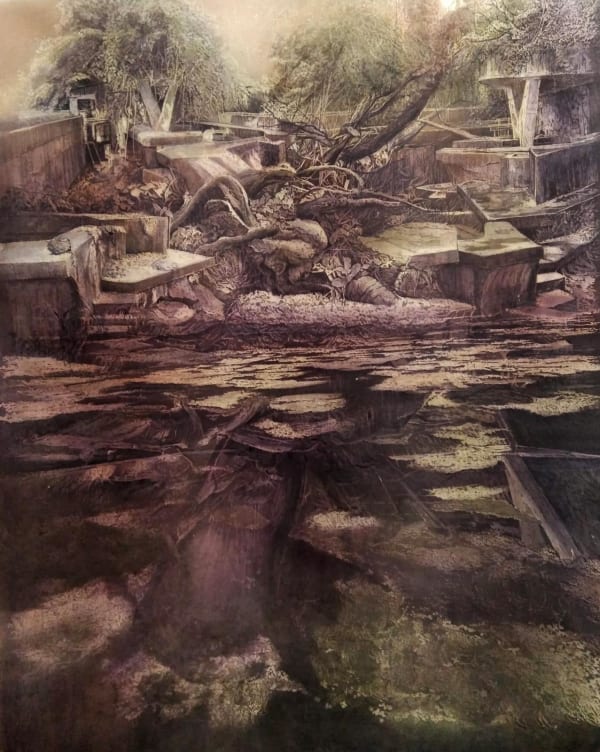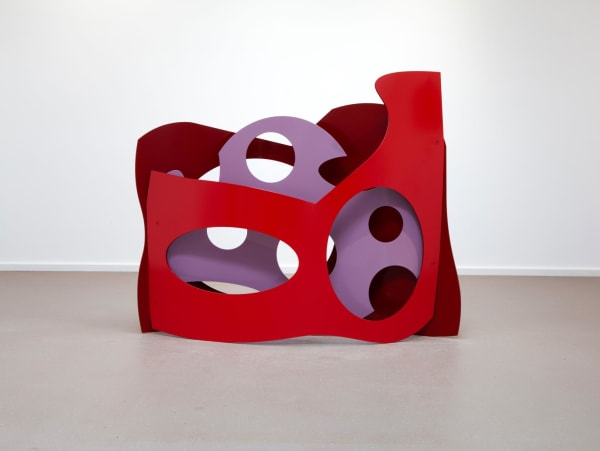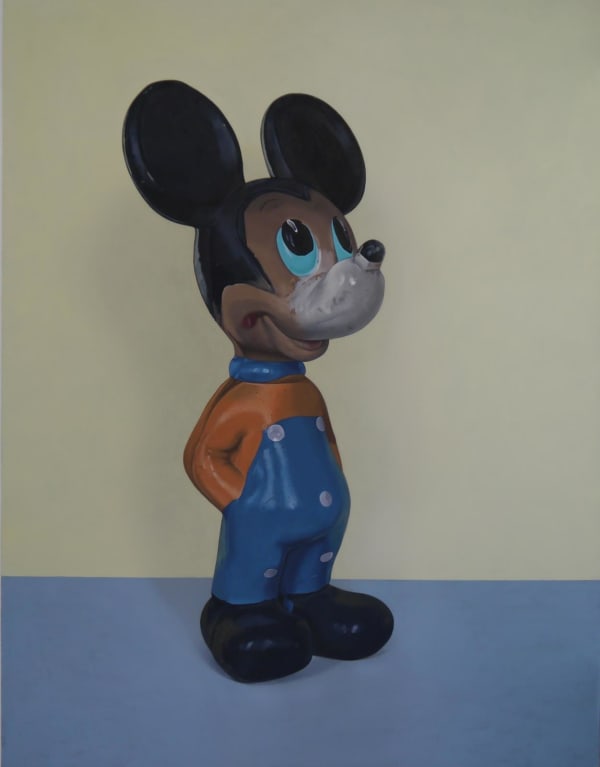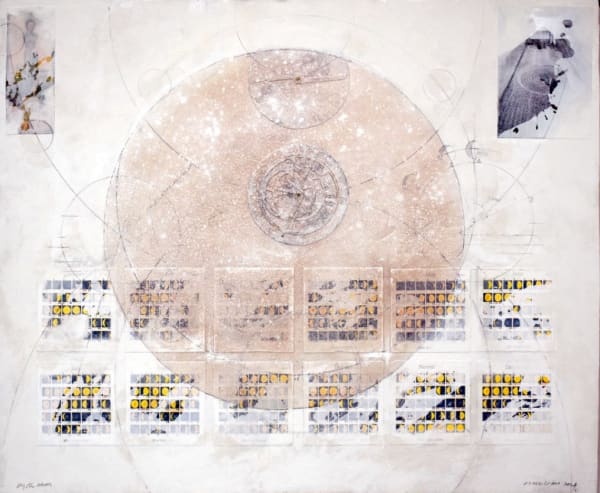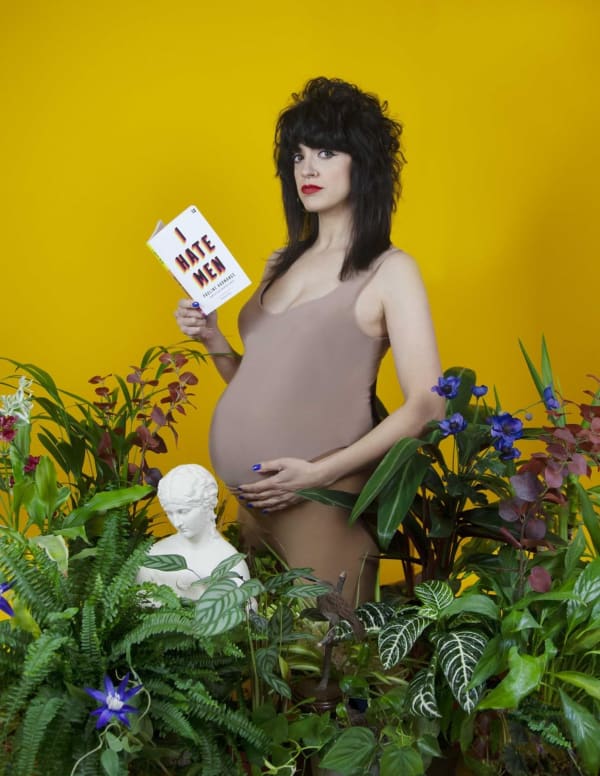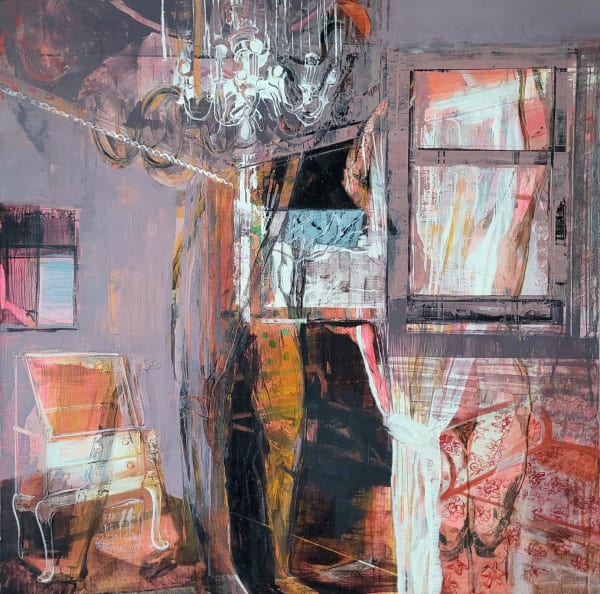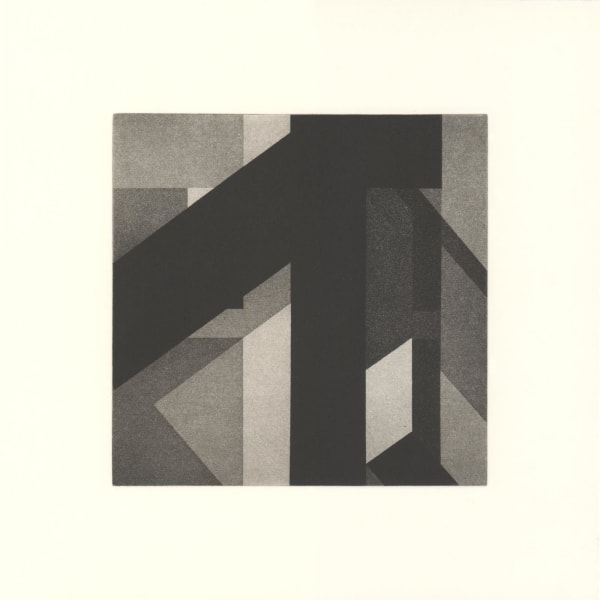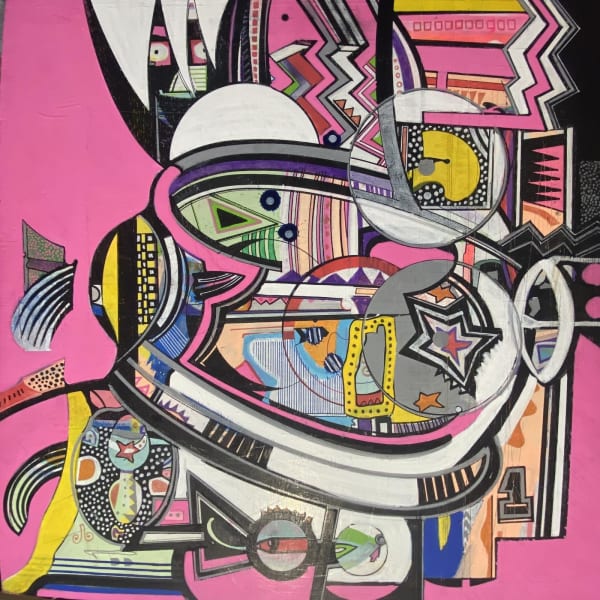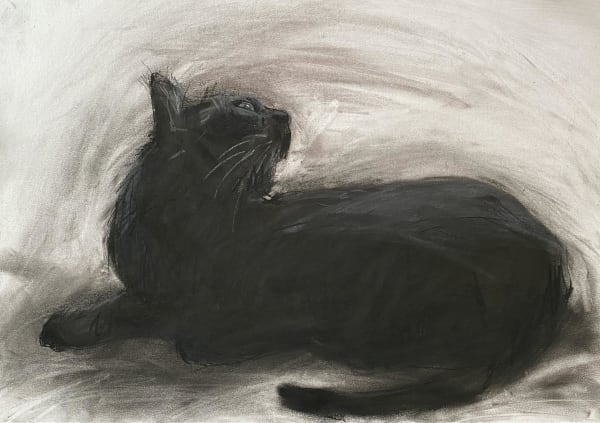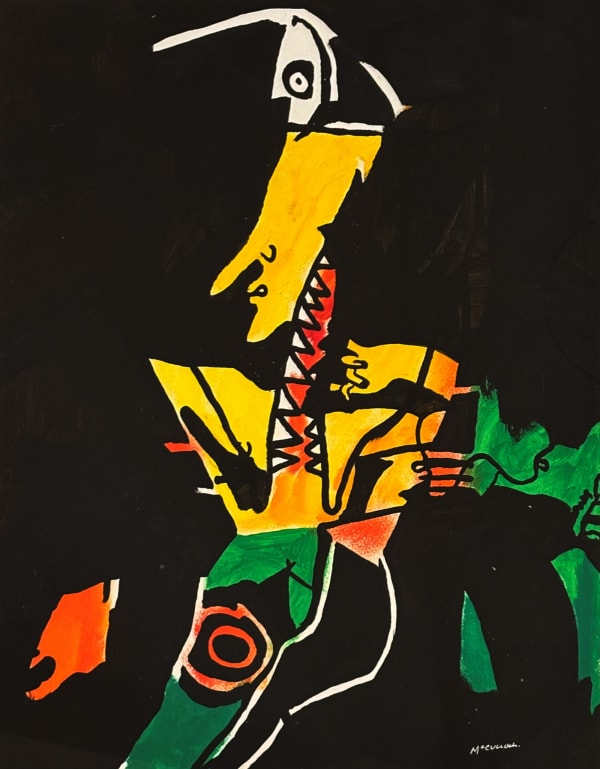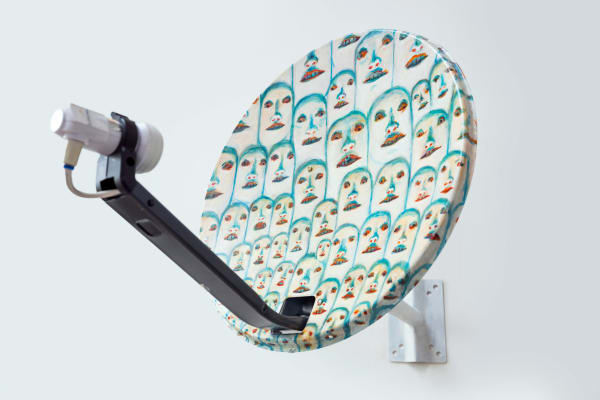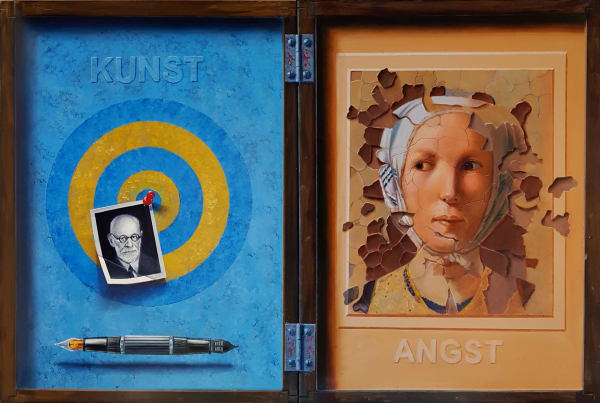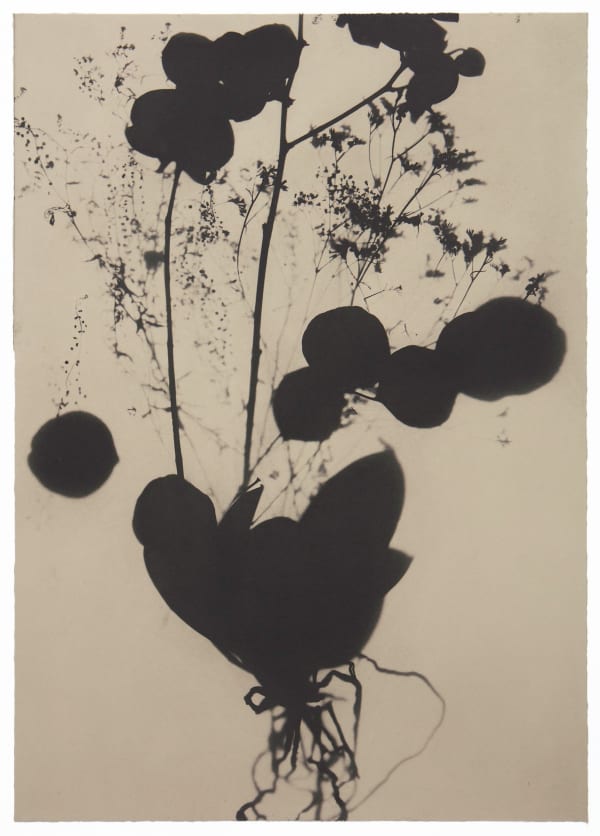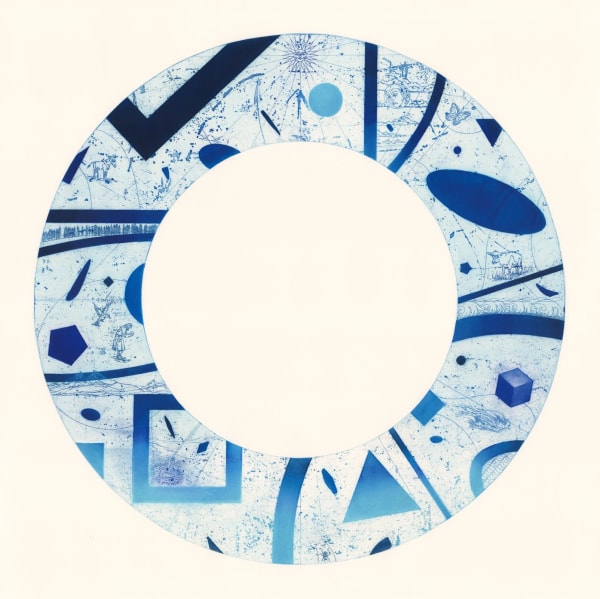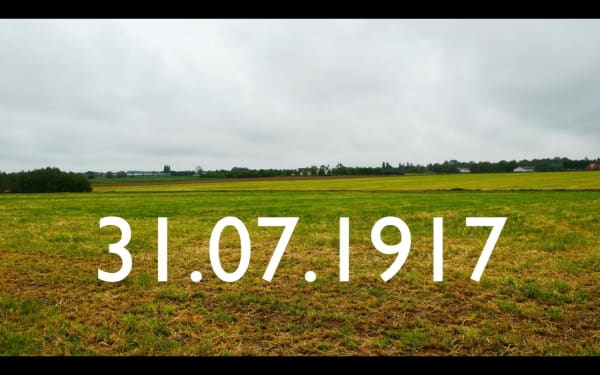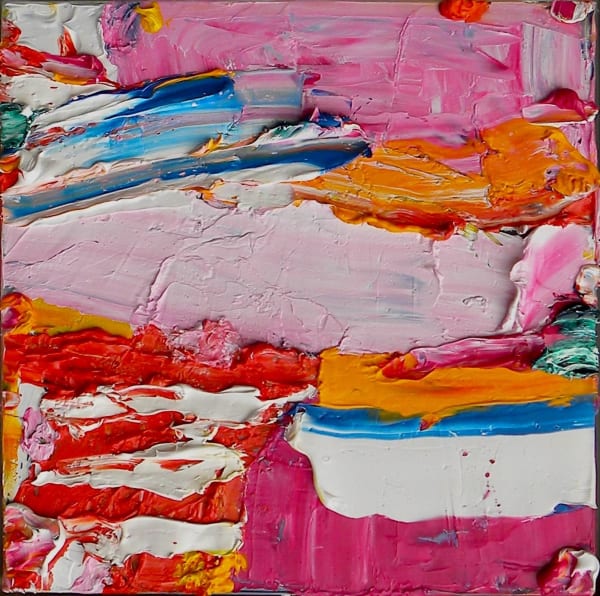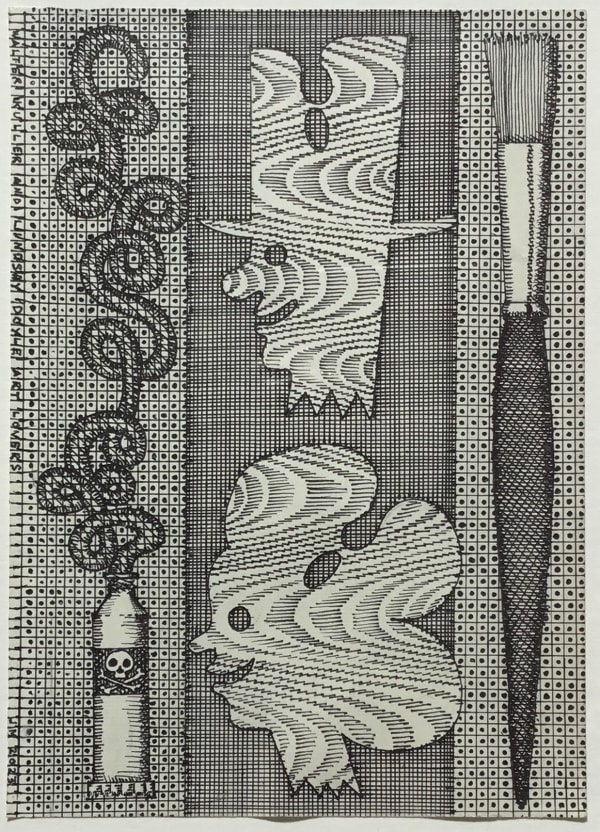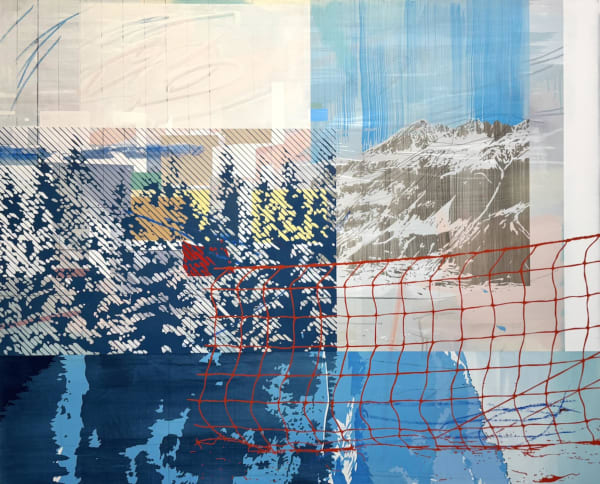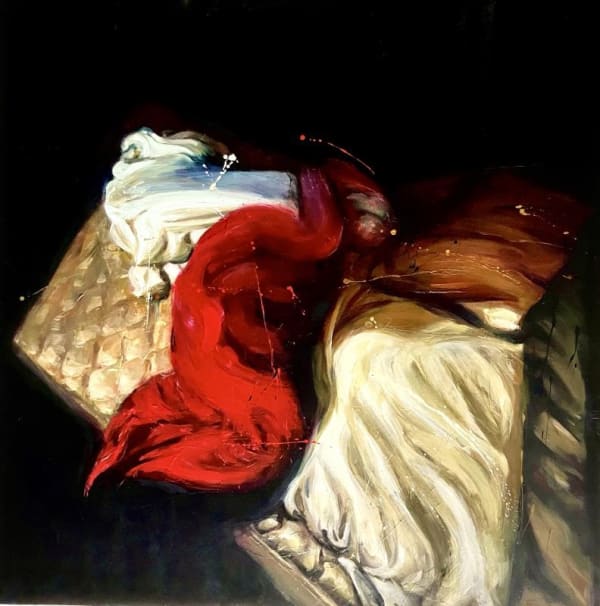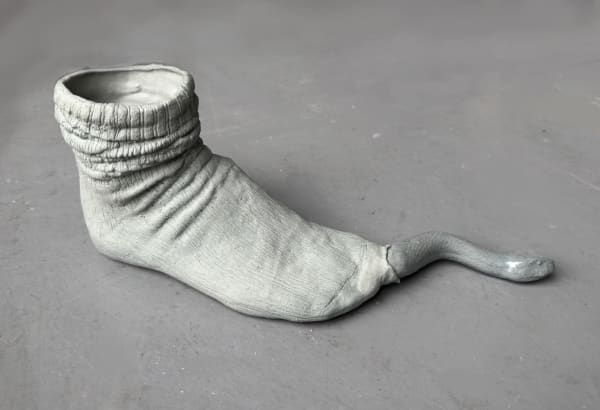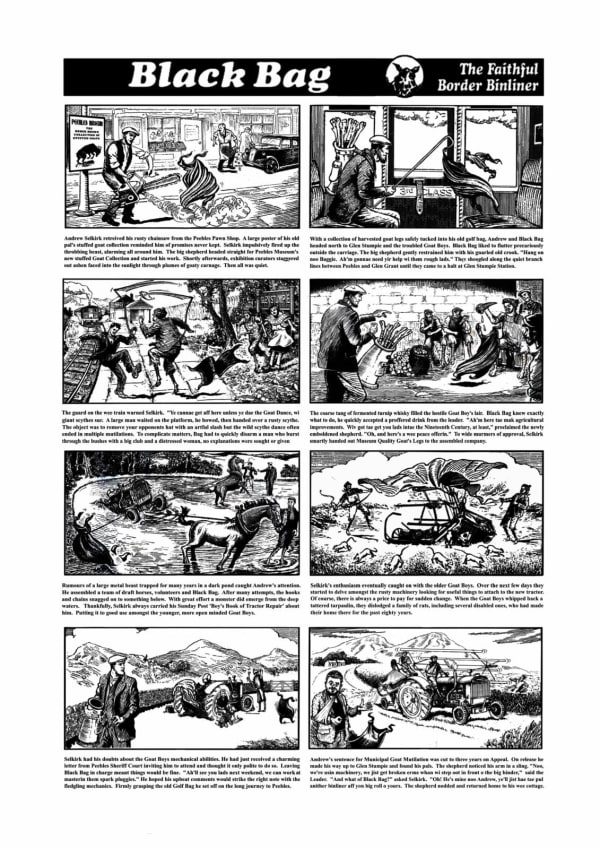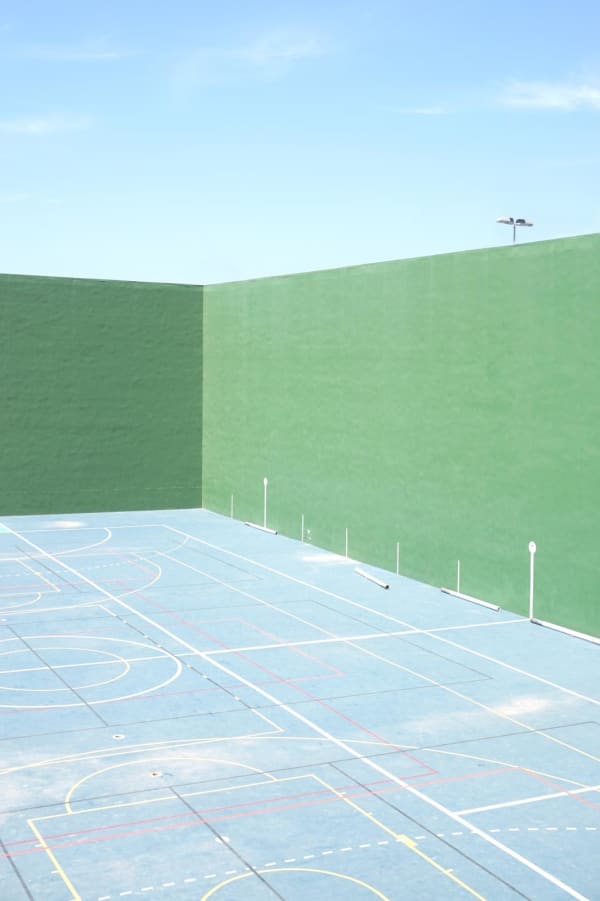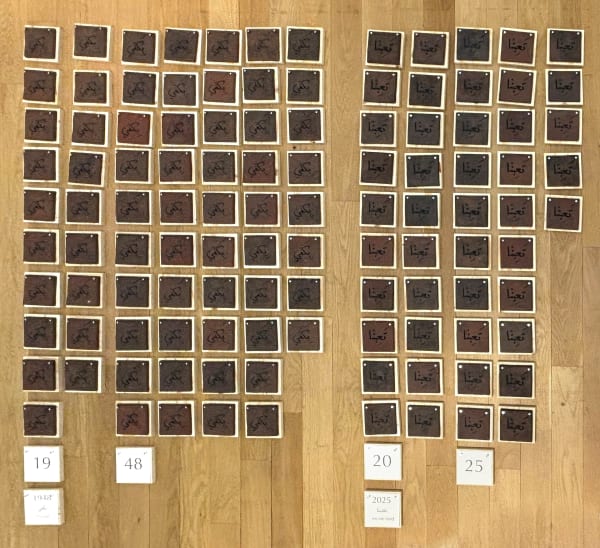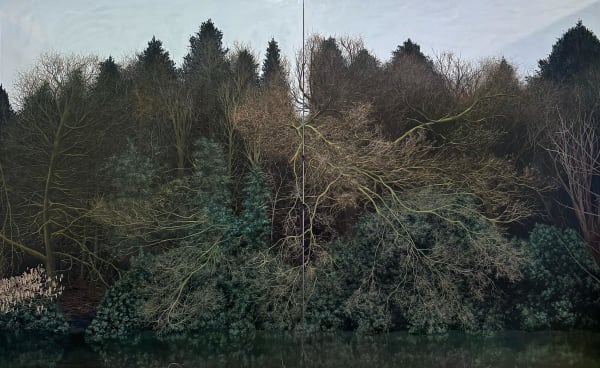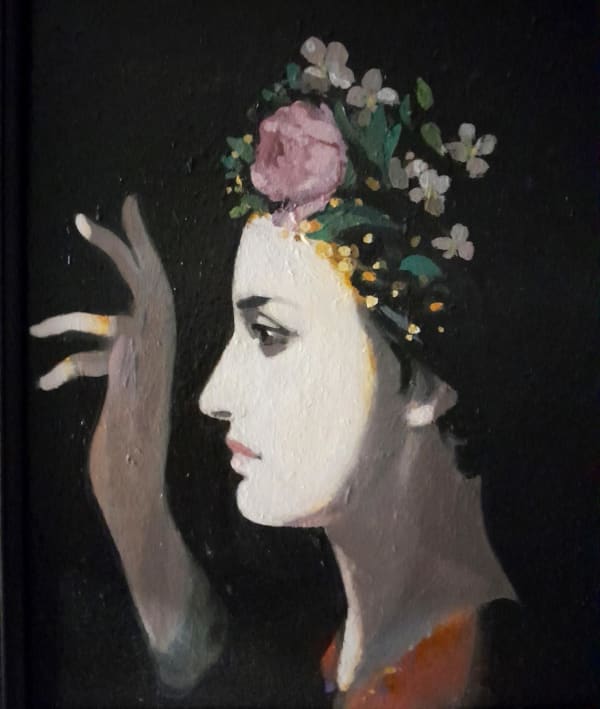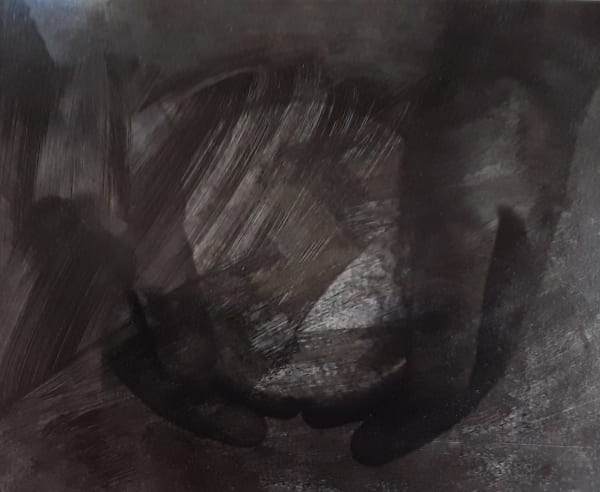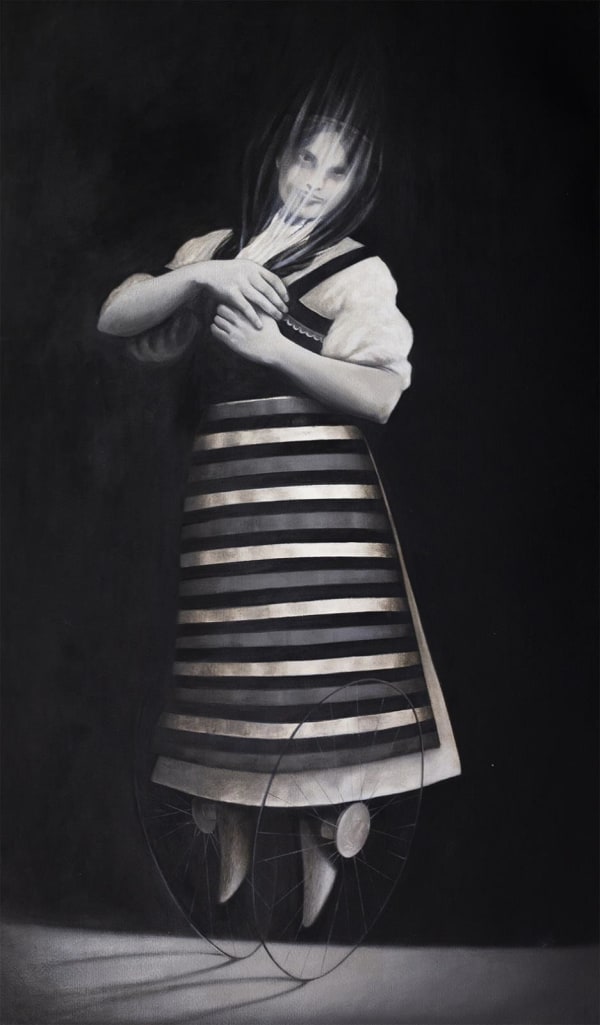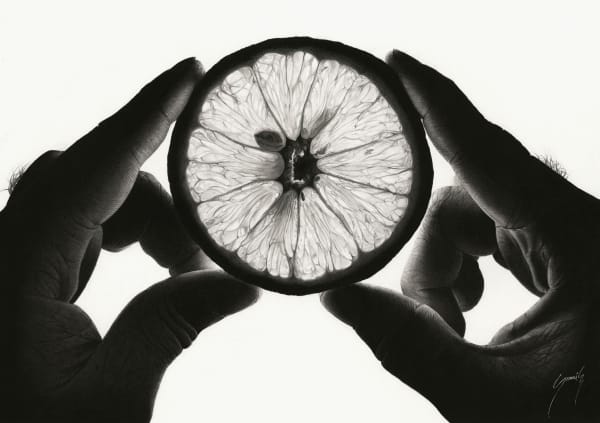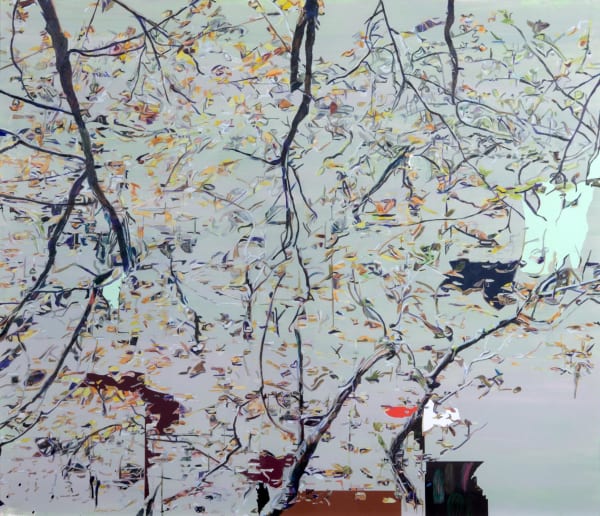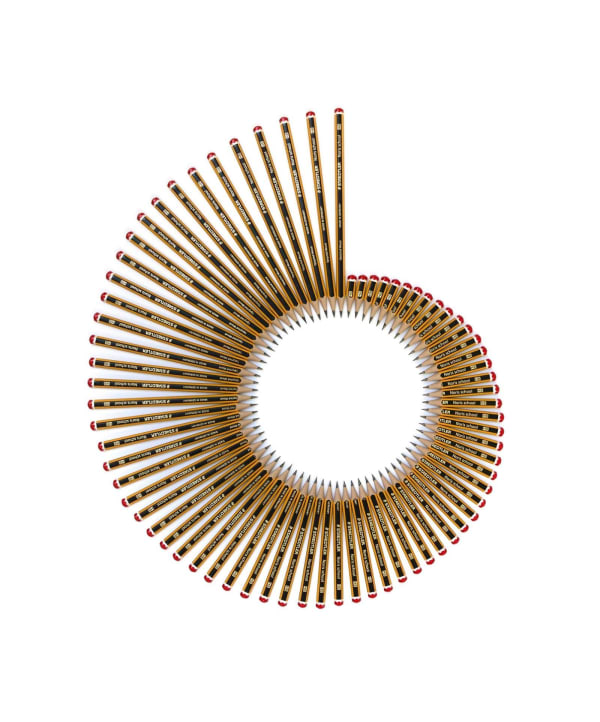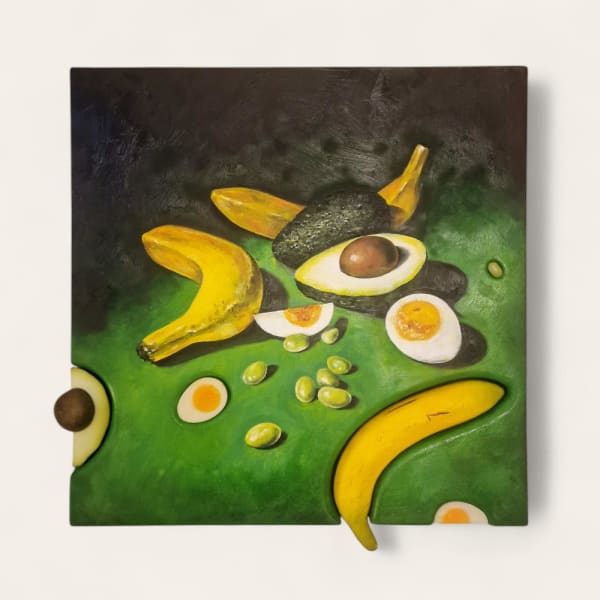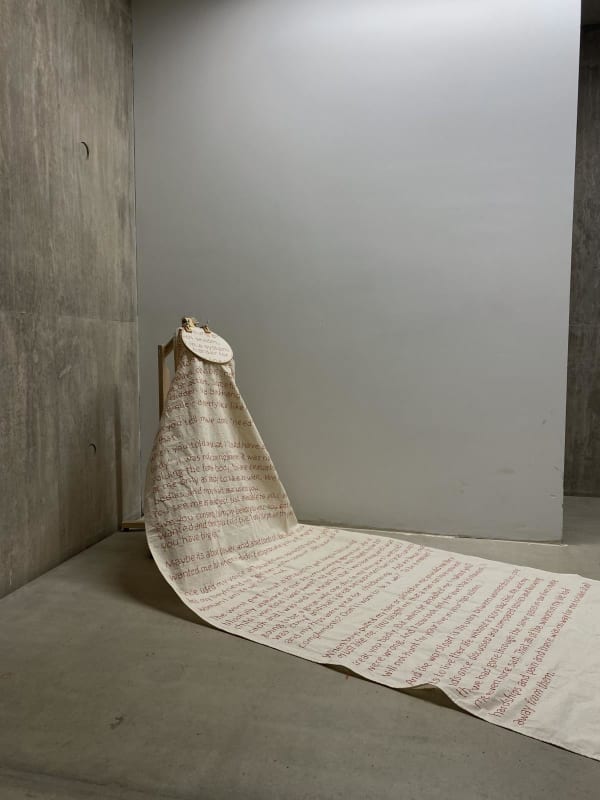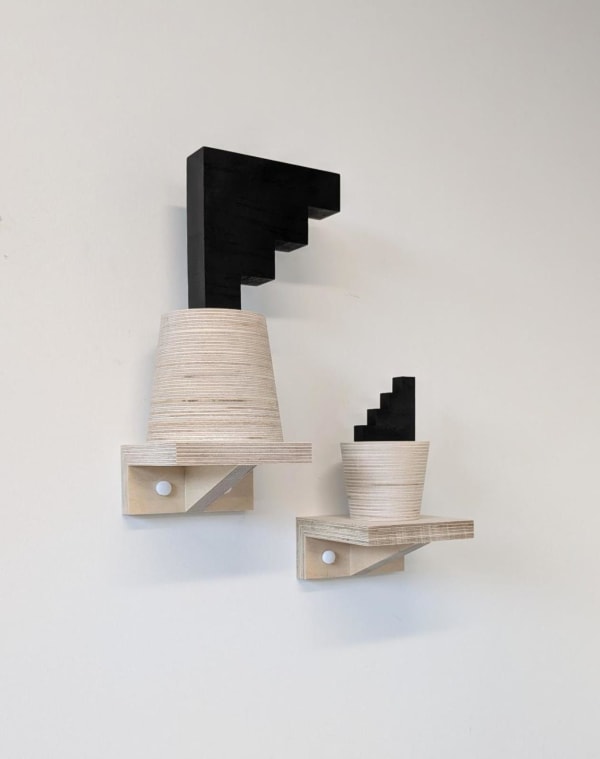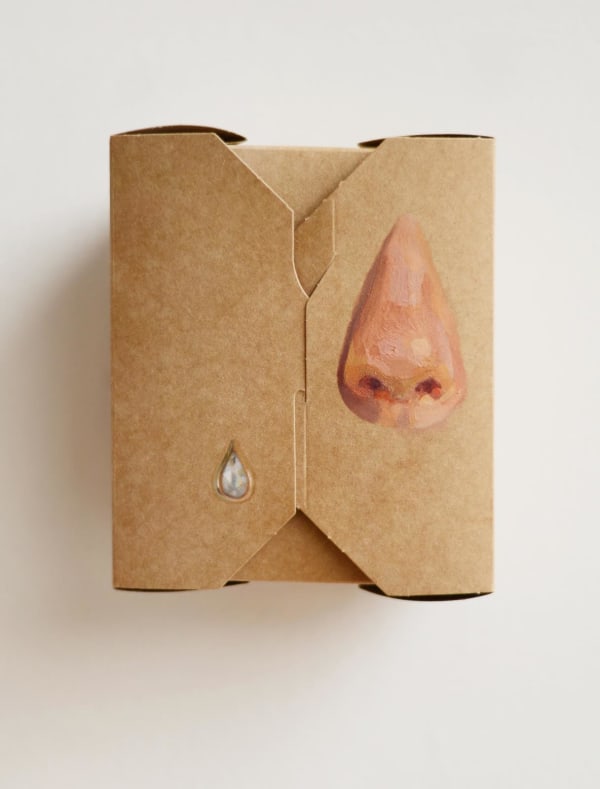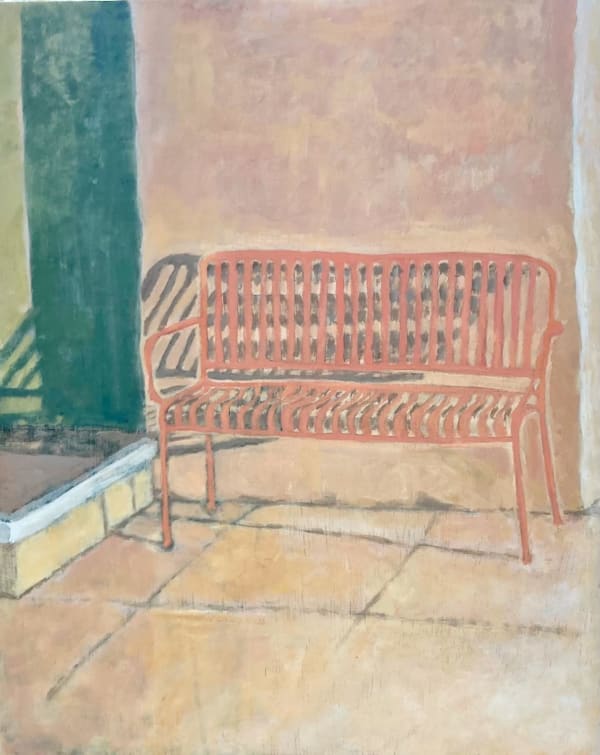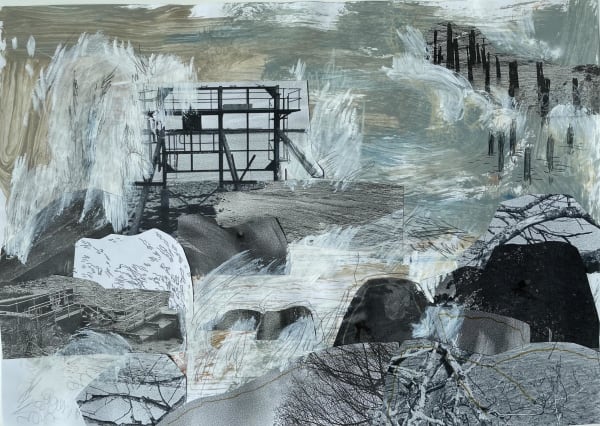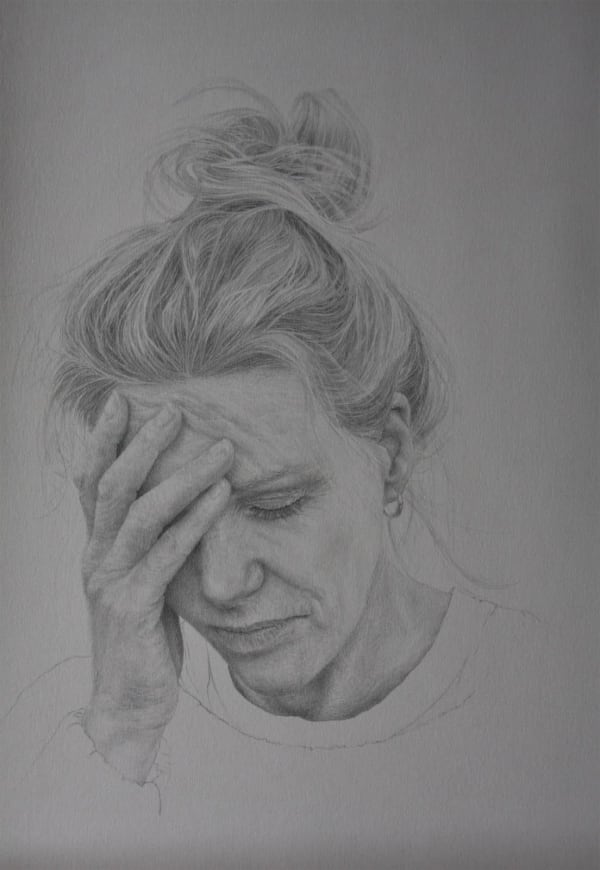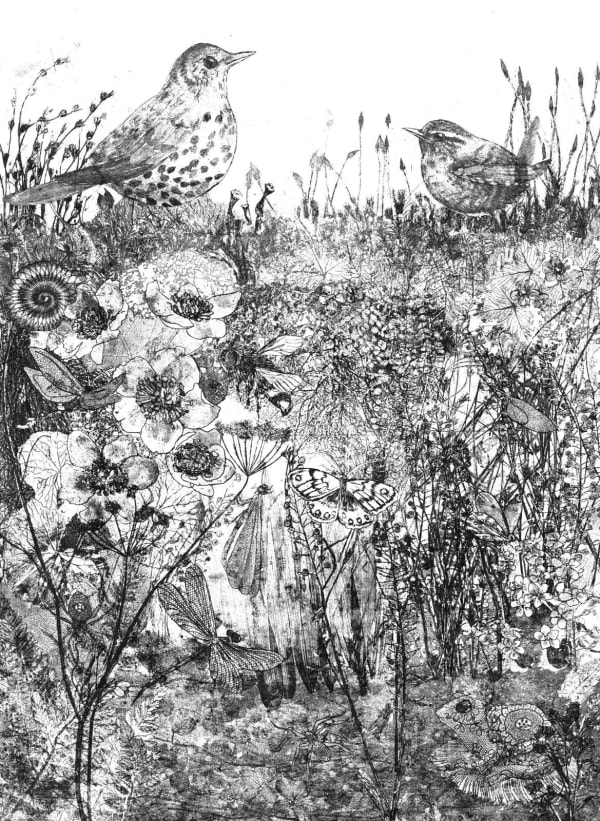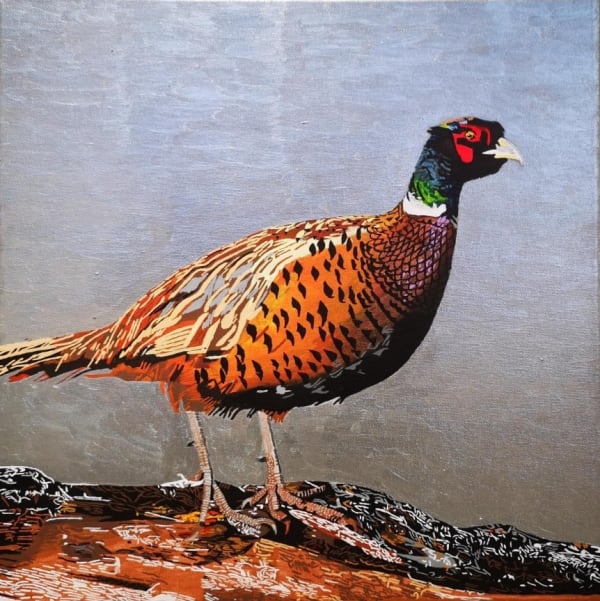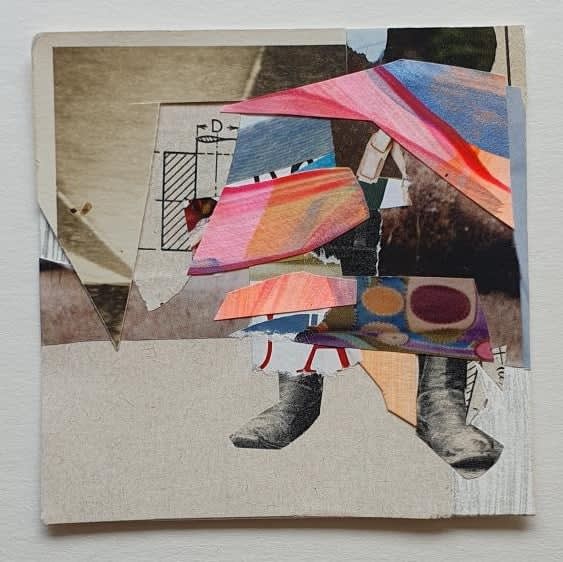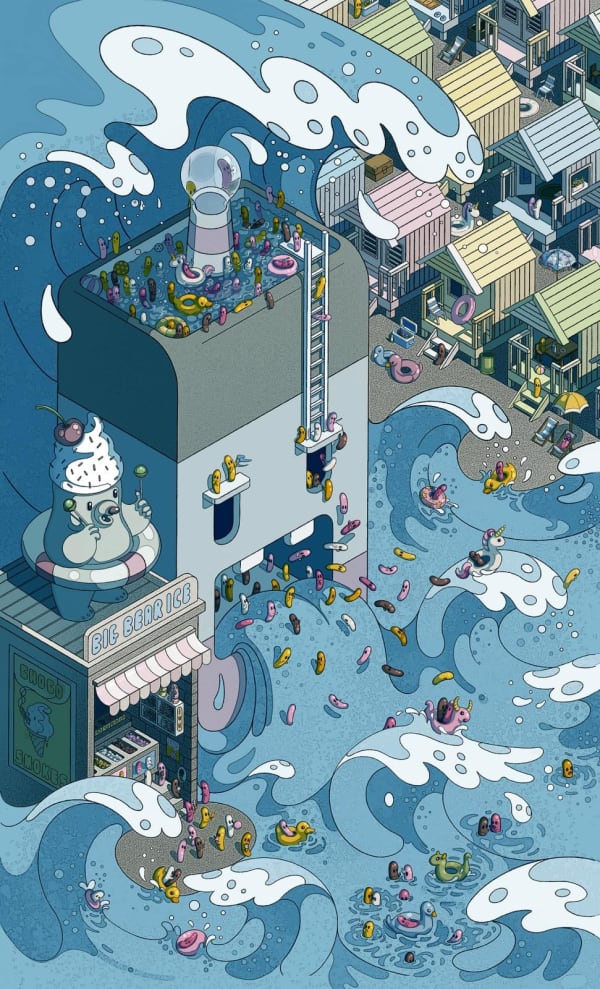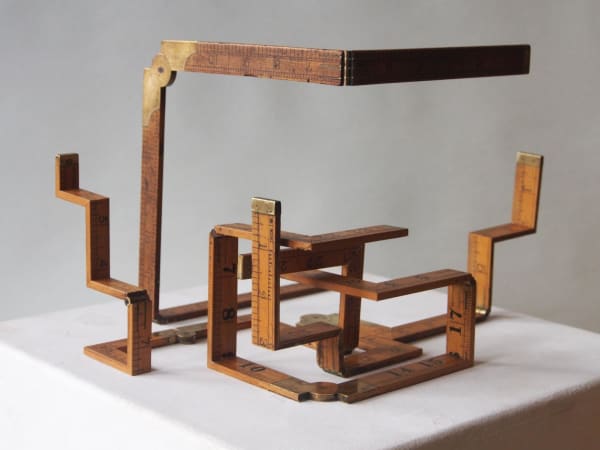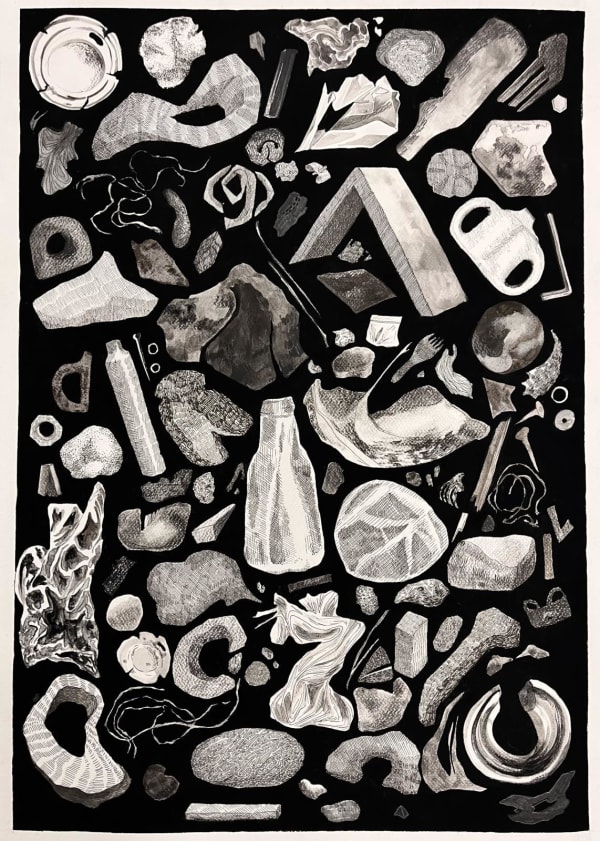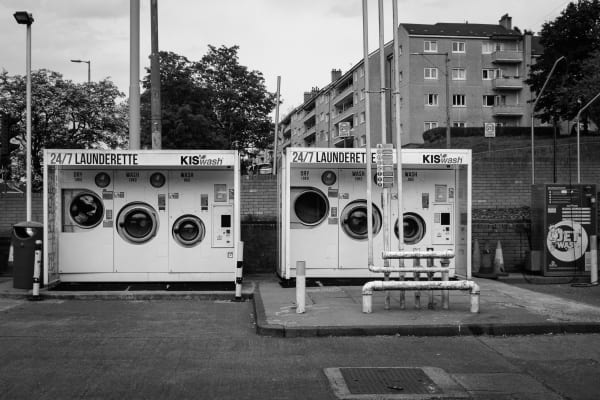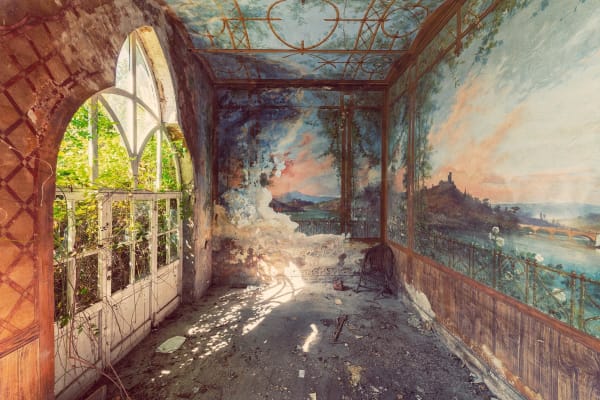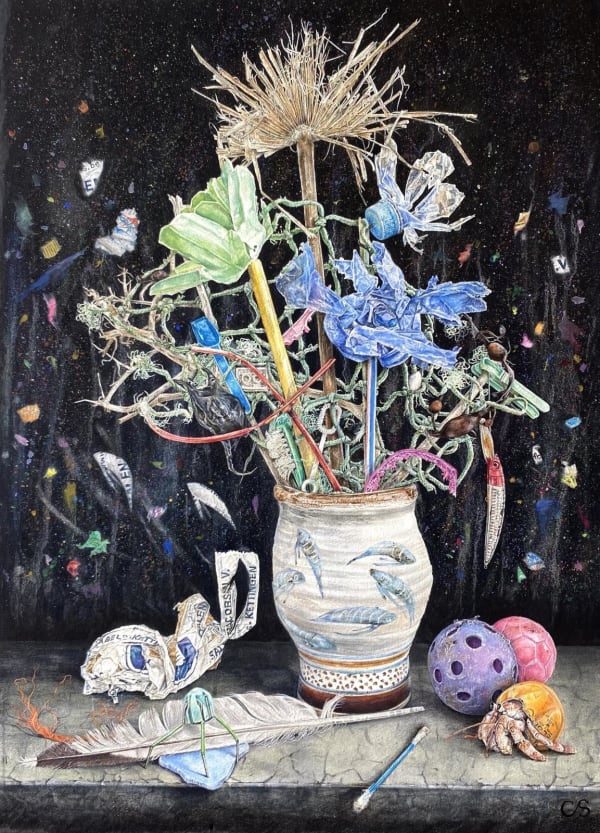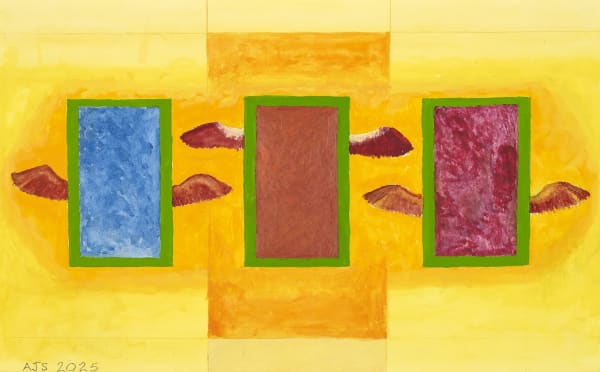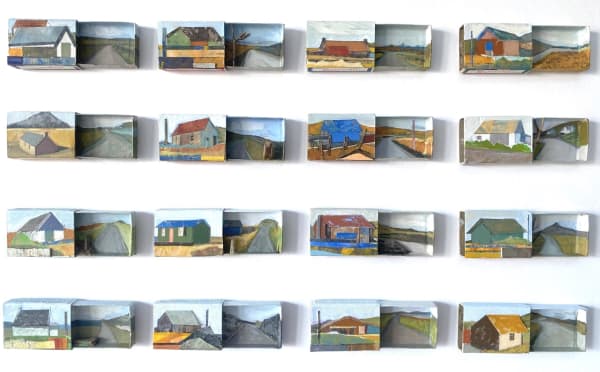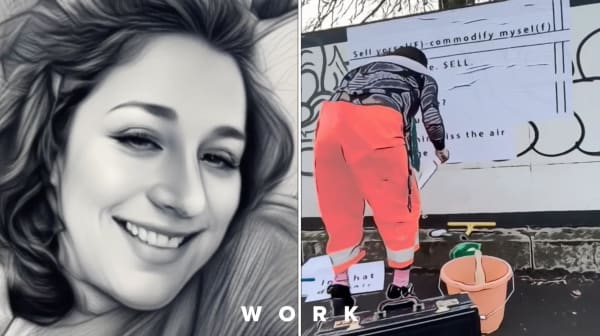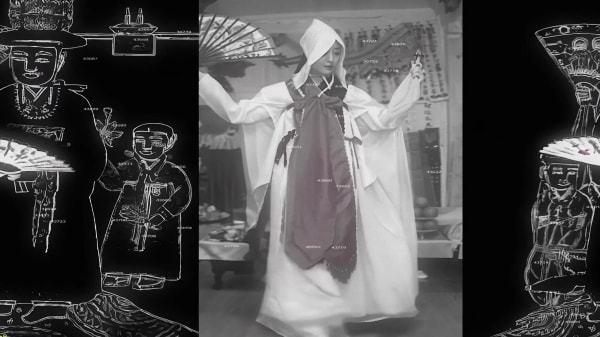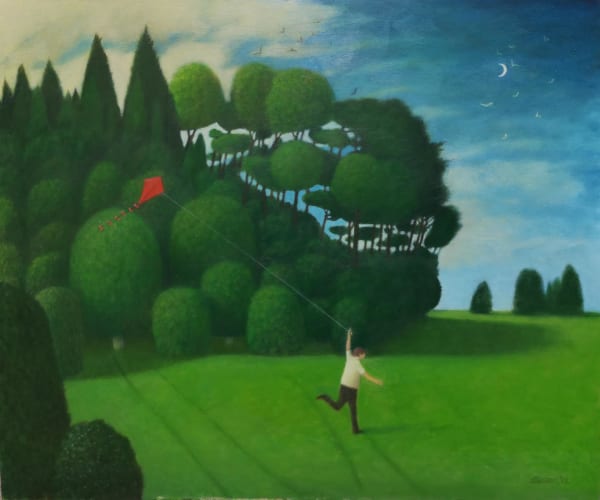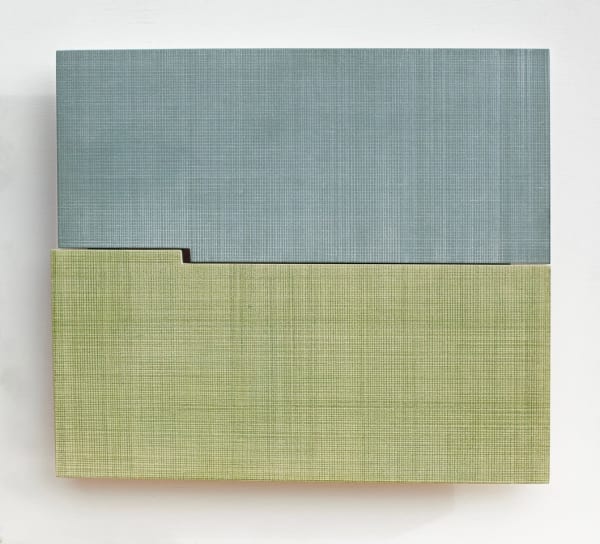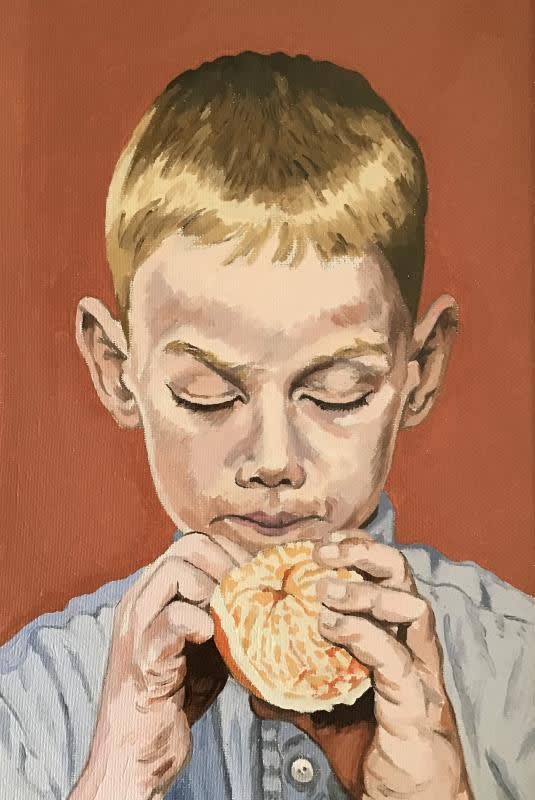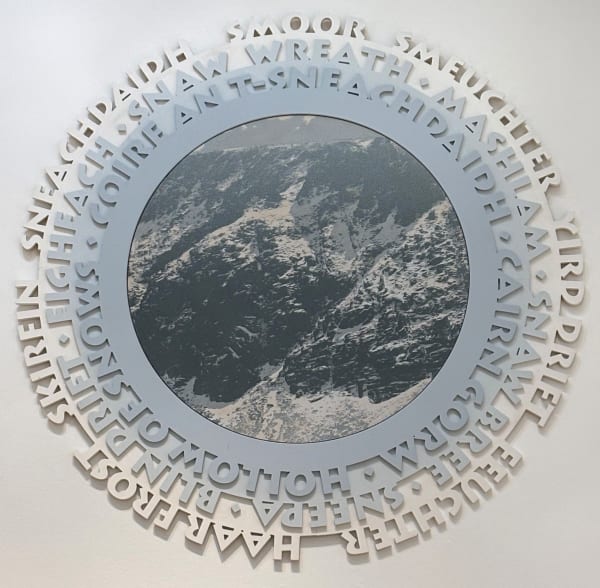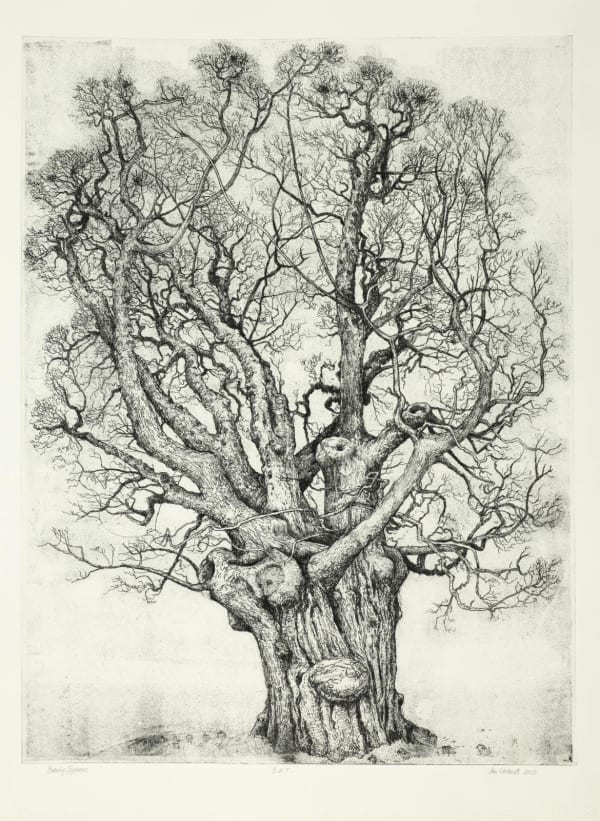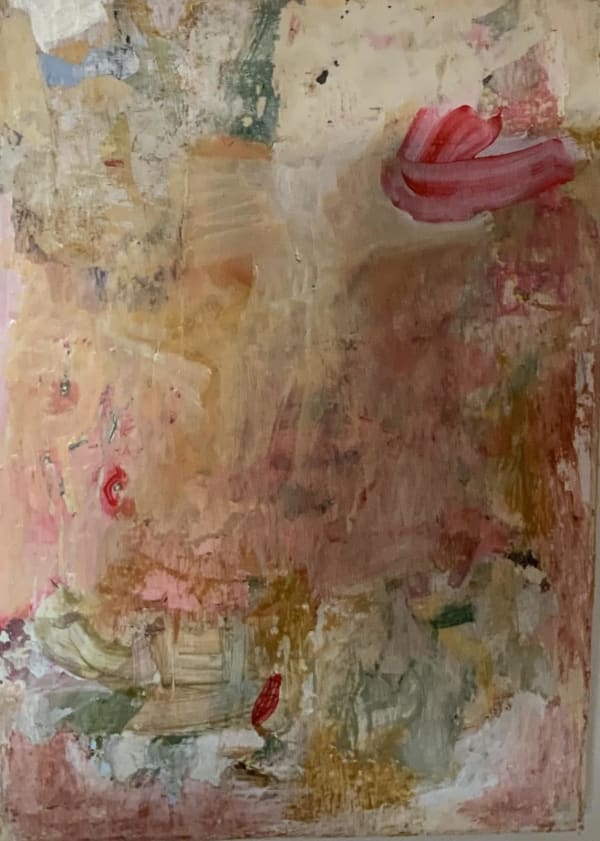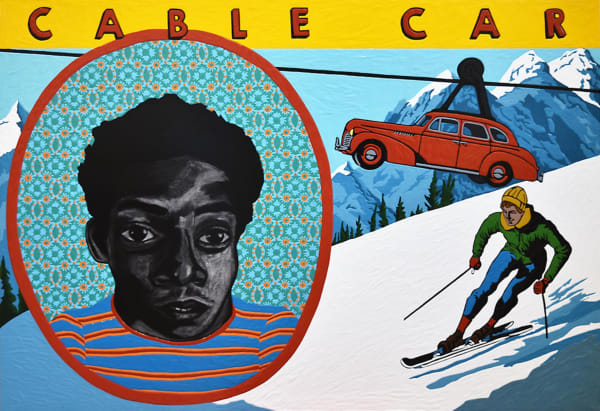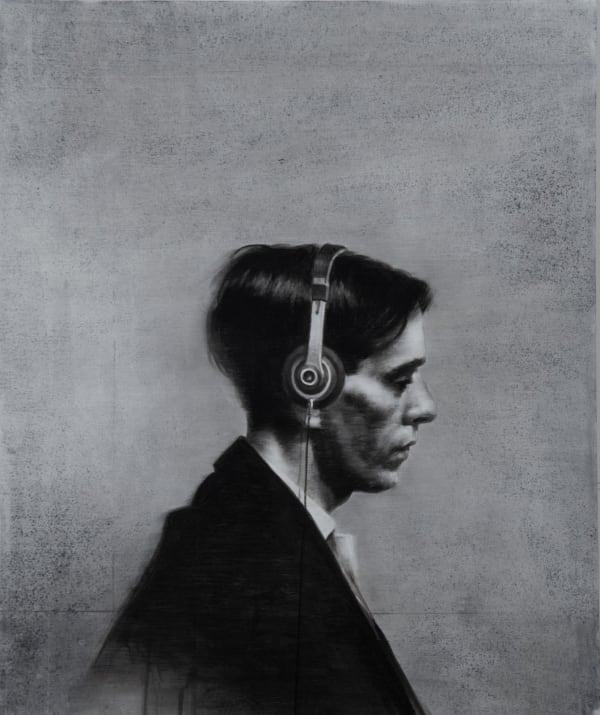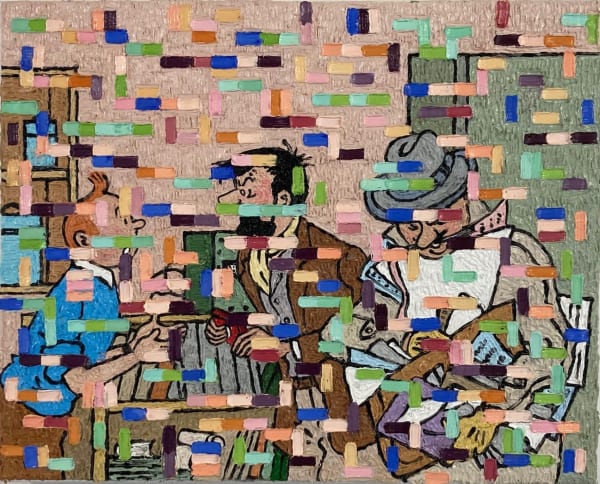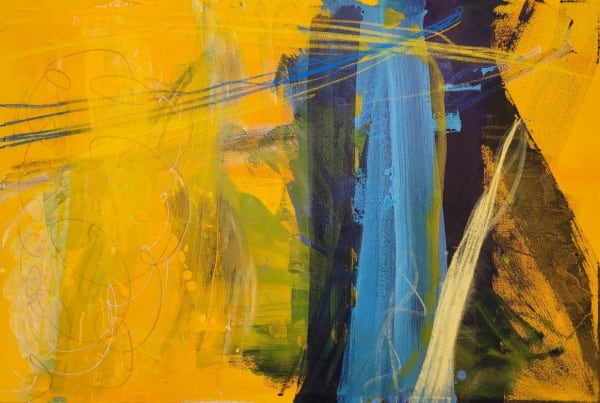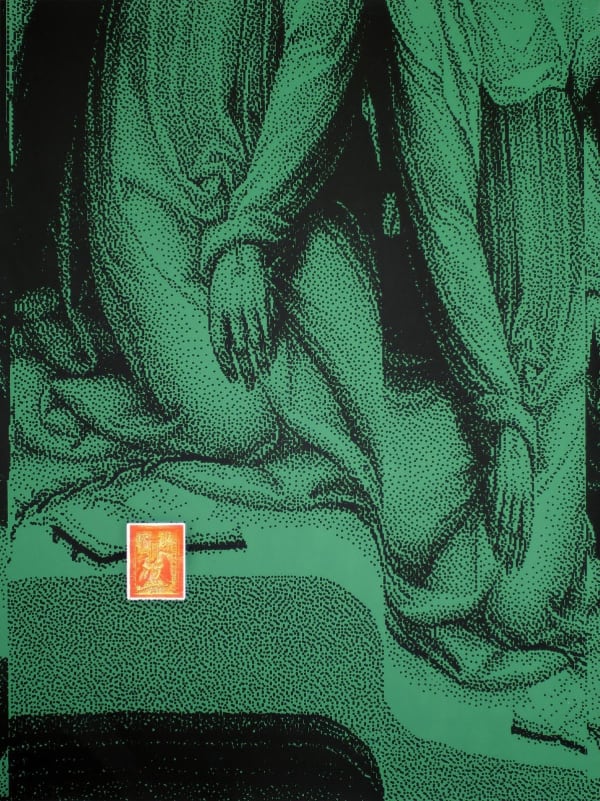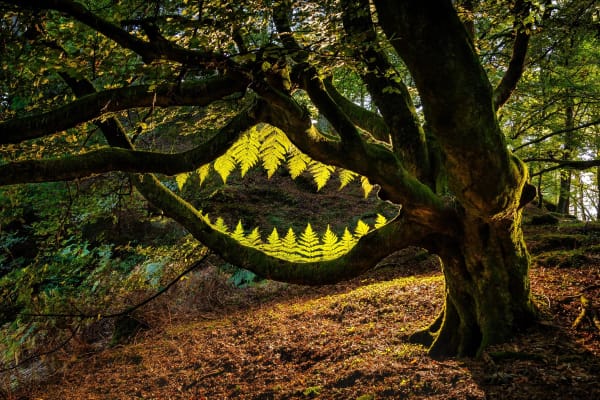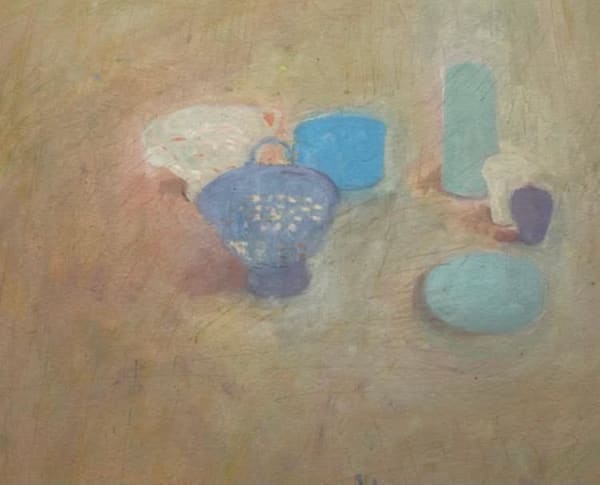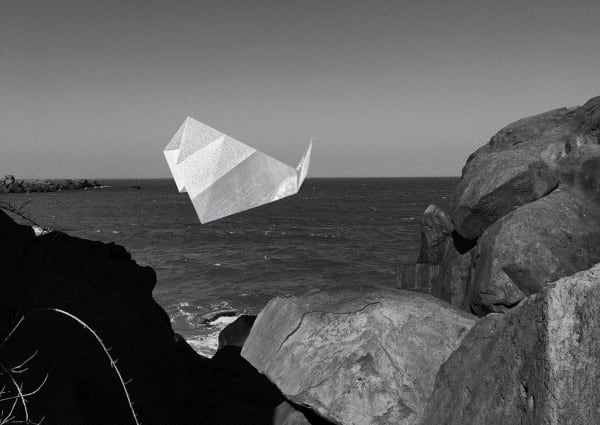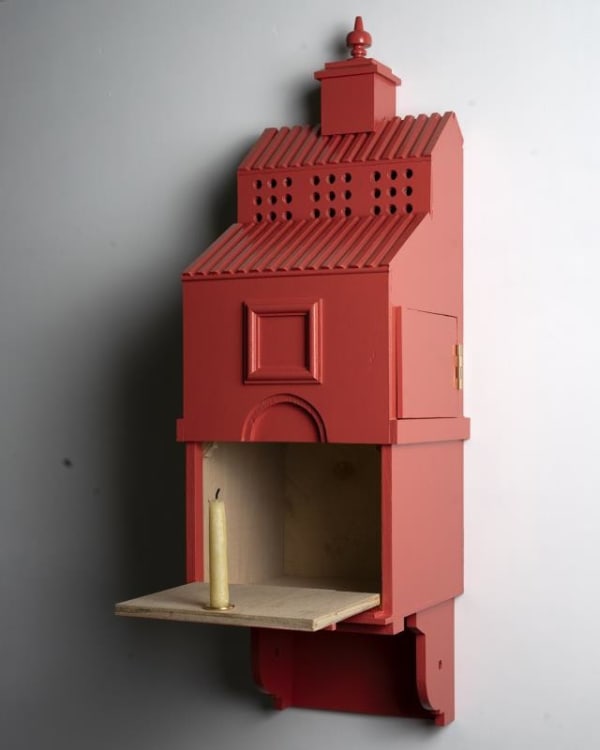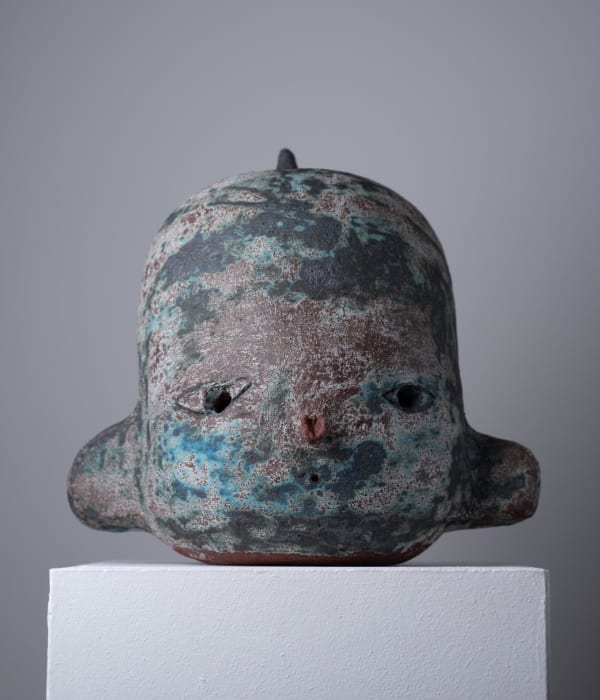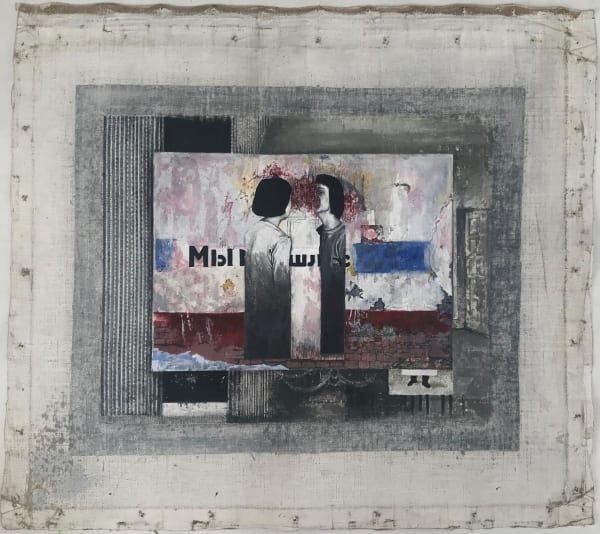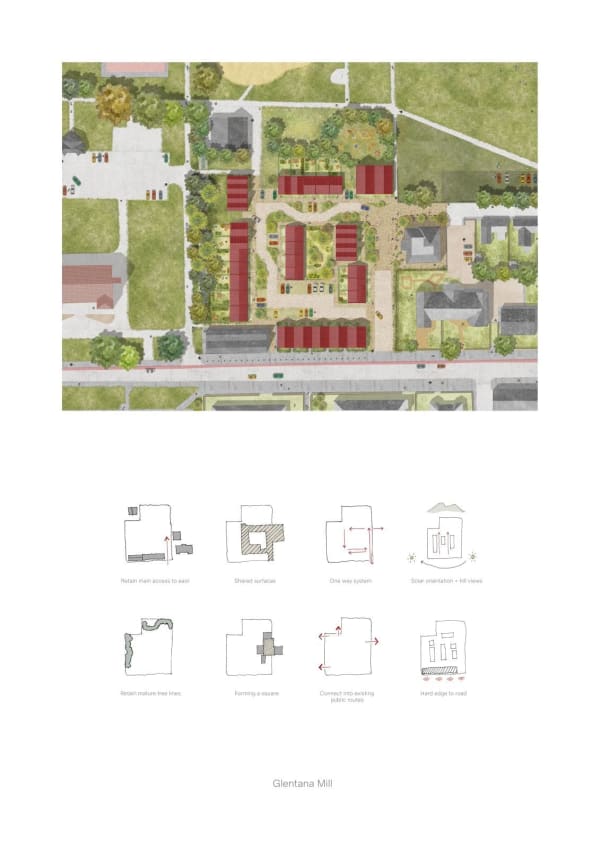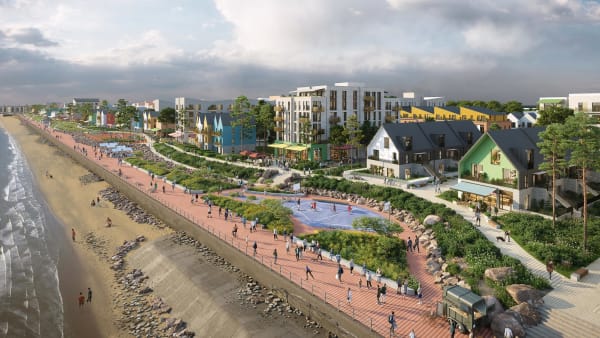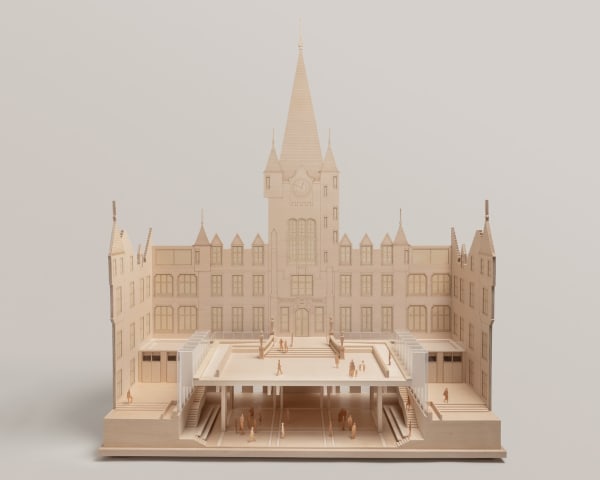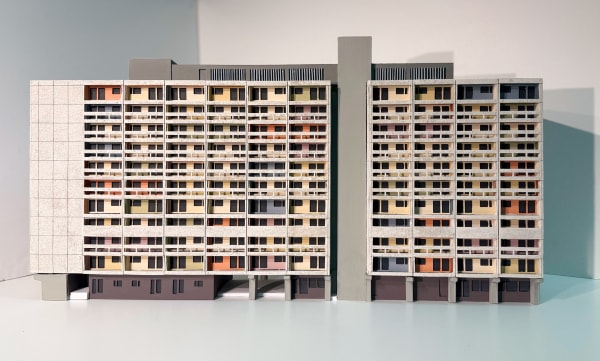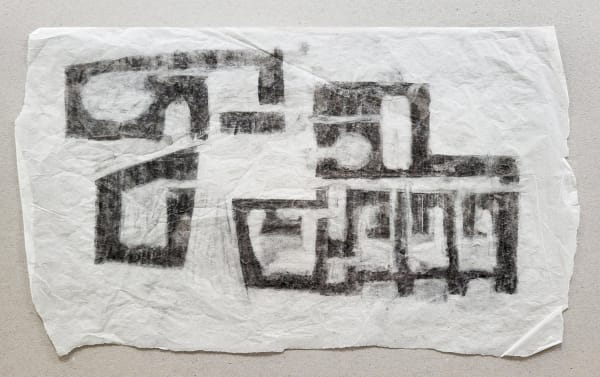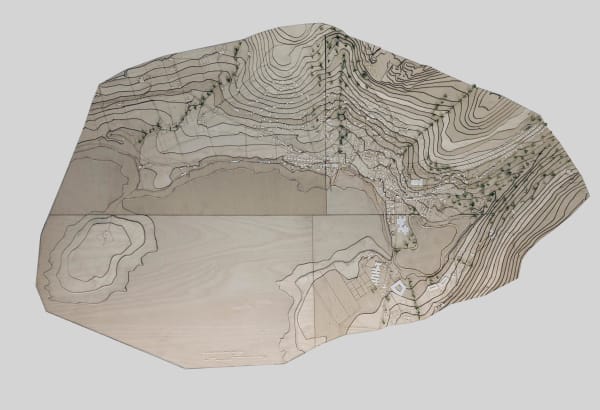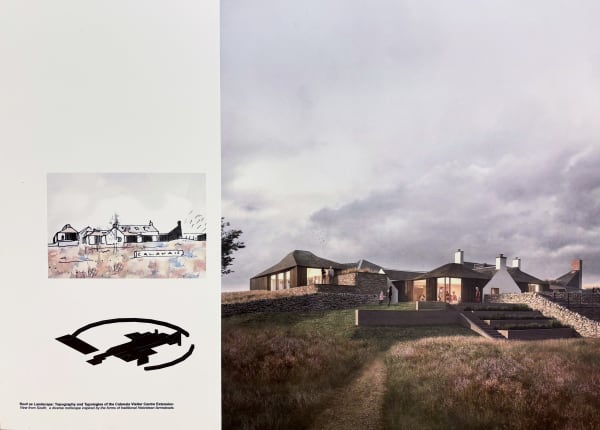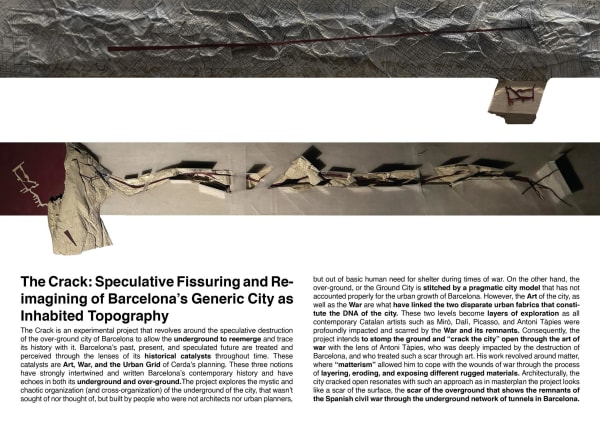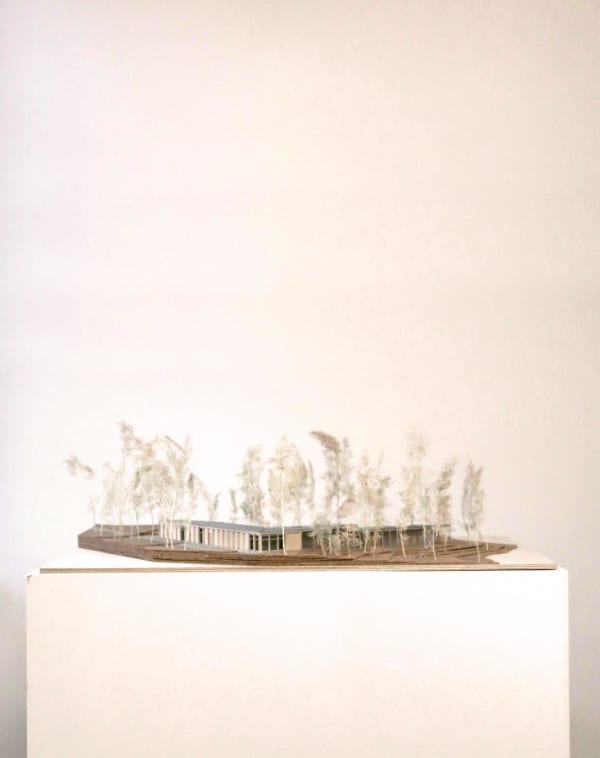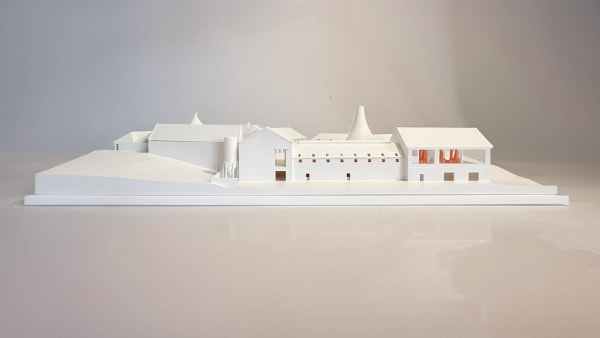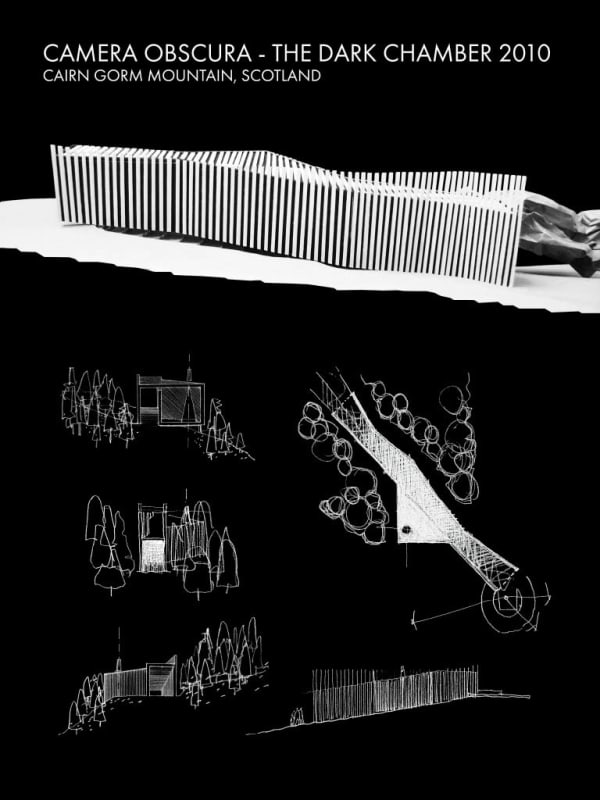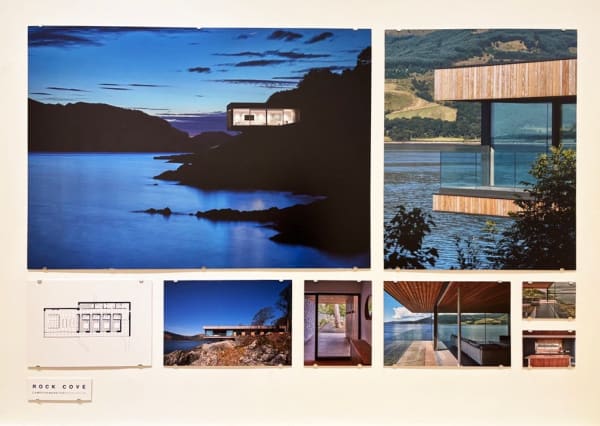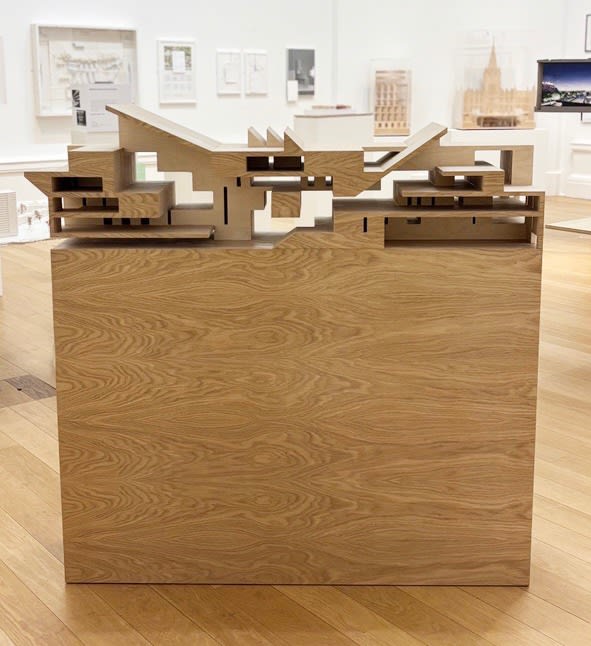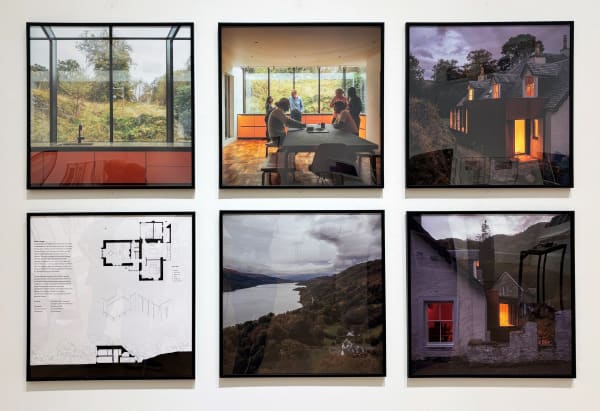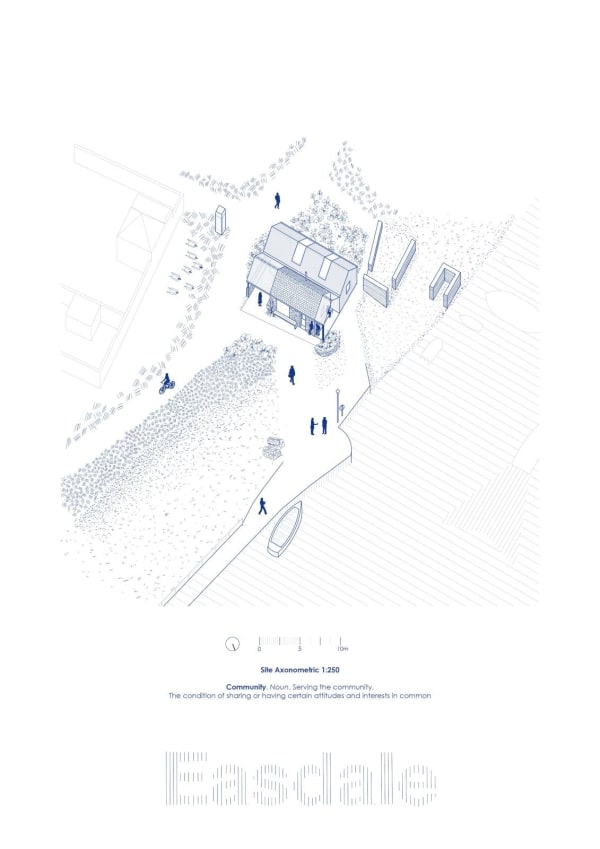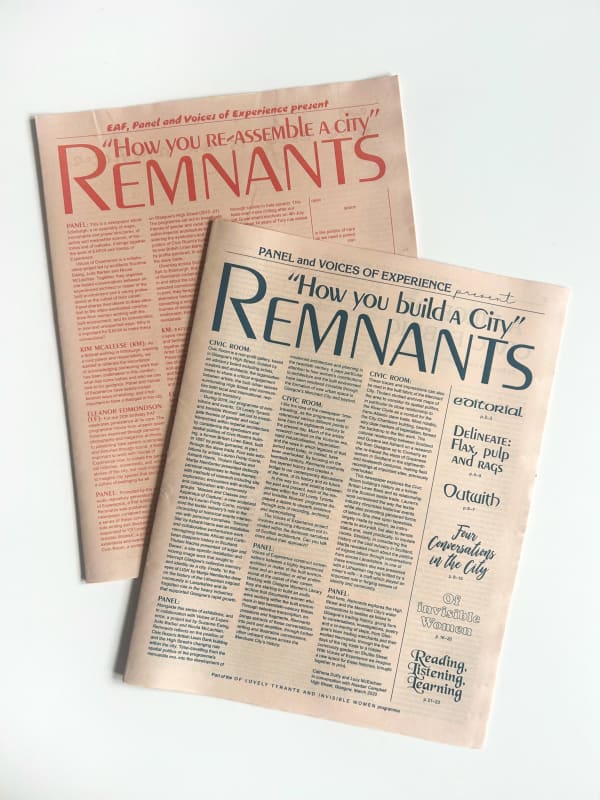Artists
-

Grant Abrahams
-

Ade Adesina RSA
-

Sam Ainsley RSA
-

Jordan Aitchison
-

Christopher Allan
-

Tom Allan
-

Clare Andrews
-

Apolinar
-

Jemma Appleby
-

Joy Arden
-

June Barton
-

Kirsty Bell
-

Jill Bennett
-

Melanie Berman
-

John Black
-

Jerry Bowman
-

Mark Bowman
-

Ian Boyce
-

Owen Boyle
-

Bryony Bradford
-

Philip Braham RSA
-

Tom Brice
-

Beti Bricelj
-

Annahita Brooks
-

Colin Brown
-

Louise Brown
-

Meg Buick
-

Ian Burke
-

Robbie Bushe RSA
-

Alfons Bytautas RSA
-

Joyce W Cairns PPRSA
-

Amy Cameron
-

Niall Campbell
-

June Carey
-

Stephen Carley
-

Emma Carlow
-

Tom Cartmill
-

Victoria Cassidy
-

James Castle RSA
-

Annie Cattrell RSA
-

Aoife Cawley
-

Liondsaidh Chaimbeul
-

Kwok Kin Chan
-

Samantha Cheevers
-

Chi Kiu So
-

Duke Christie
-

Emily Wing Sum Chung
-

Isobel Church
-

Doug Cocker RSA
-

Jack Conkie
-

Francis Convery RSA
-

Emily Coulson
-

Cicely Creswell
-

Victoria Crowe RSA
-

Deborah Cumming
-

Saffron Cunningham
-

Lorenzo Dalberto
-

Dalziel + Scullion RSA
-

Daniel Davis
-

Lauren Dodds
-

George Donald RSA
-

Robert E. Donald
-

Fraser Douglas
-

Kate Downie RSA
-

Genevieve Draper
-

Rachel Duckhouse
-

Stuart Duffin RSA
-

Lennox Dunbar RSA
-

Morgan Dunbar
-

Ryan Durrant
-

Nancy Eadington
-

Edward Summerton RSA with Alan Grieve
-

Edward Summerton RSA with Alan Grieve, Gair Dunlop, Bill Duncan, Harris Grieve
-

Kinga Elliott
-

Richard Anthony Elliott
-

Jana Emburey
-

Elisha Enfield
-

Ryan Everson
-

Rhona Fairgrieve
-

Georgie Fay
-

Hannah Ferguson
-

John Finlay
-

Gareth Fisher PRSA
-

Rhona Fleming
-

Helen Flockhart RSA
-

Eric Fong
-

Ronald Forbes RSA
-

Gillian Forbes
-

Michael Forbes
-

Esther Forse
-

Roland Fraser
-

Lorna Freytag
-

Paul Furneaux RSA
-

Jo Ganter RSA
-

Julia Gardiner
-

Adrian Gardner
-

Anupa Gardner
-

Stewart Geddes HRSA
-

Anna H Geerdes
-

Issy Gibbs
-

Jonathan Gibbs
-

David Gilchrist
-

Hugh Gillan
-

Clova Gillies
-

Lyndsey Gilmour
-

Spencer Glover
-

Richard Goldsworthy
-

Alistair Gow
-

Shona Grant
-

Lucy Gray
-

Laura Gressani
-

Melanie Guatelli
-

Derrick Guild RSA
-

Joyce Gunn Cairns
-

Hector Hamilton
-

Craigie Harper
-

Jessica Harrison RSA
-

Jake Harvey RSA
-

Sam Hebden
-

Katie Hillard
-

Emma Holden
-

Peter James Houghton
-

Ian Howard RSA
-

James Howden
-

Kenny Hunter RSA
-

Stephen Hurrel
-

Fiona Hutchison
-

Jane Hyslop RSA
-

Joseph Ingleby
-

Cate Inglis
-

David Ingrey
-

Olivia Irvine
-

Remi Jabłecki
-

Marc Jennings
-

jGibB
-

Gabriele Jogelaite
-

Carla Johnston
-

Susie Johnston
-

Tracey Johnston
-

Agnes Jones
-

Olivia Jones
-

June Carey in collaboration with Ade Adesina RSA
-

Jon-Paul Kaiser
-

Natalia Kapchuk
-

Kristina Karnilaviciute
-

Aileen Keith
-

Matt Kerr
-

Janette Kerr HRSA
-

Catherine King
-

A J Kinroy
-

Simon Kirby
-

Henry Kondracki RSA
-

Anne Krinsky
-

Marion Kuit
-

Elspeth Lamb RSA
-

Svenja Landsiedel
-

Lyndsey Lannie
-

Lindsey Lavender
-

Ros Lawless
-

Mark H Lawrence
-

Debbie Lawson
-

Debbie Lee
-

Susie Leiper
-

David Lemm
-

Marian Leven RSA
-

Cathy Lewis
-

Sally Lewis
-

Penghang Liu
-

Juliette Losq
-

Jeff Lowe
-

James Lumsden
-

Verity MacBride
-

Shaun MacDonald
-

David Mach HRSA
-

John Mackechnie RSA
-

Will Maclean RSA
-

Innes MacLellan
-

Kat Macmillan
-

Neil MacPherson RSA
-

Ailsa Magnus
-

Monika Malewska
-

Miriam Mallalieu
-

Sarah Maple
-

Michele Marcoux
-

Richard Marsden
-

Kayla Martell
-

Jenny Martin
-

Nichola Martin
-

Norman Mathieson
-

Tom Matthews
-

Mary May
-

Barry Alexander McAuslane
-

Norman McBeath RSA
-

Ellen McCann
-

Mary McClure
-

Amelia McComb
-

Mungo McCosh
-

Malachy McCrimmon
-

Ian McCulloch RSA
-

Jock McFadyen HRSA
-

Kevin McFall
-

Barry McGlashan RSA (Elect)
-

Lorna McIntosh RSA
-

Keith McIntyre RSA
-

Phil McLoughlin
-

Wendy McMurdo RSA
-

Alice McMurrough
-

Ian McNicol
-

Andrew McNiven
-

Jennifer McRae RSA
-

Alison McWhirter
-

Stephen Melton
-

Pascal Miehe
-

R. A. Milne
-

Ruby Mitcham
-

Sheila Mitchell
-

Ian Moir
-

John Mooney RSA
-

Gregory Moore
-

Emily Moore
-

Leon Morrocco RSA
-

Lydia Morrow
-

Barbara A Morton
-

Jonathan Moss
-

Debbie Mountain
-

Paul Mowat
-

Lucy Mulholland
-

Michael Mullen
-

Graham Murdoch
-

Roderick Murray
-

Leena Nammari RSA
-

Naroul
-

Daniel Nelis
-

Heather Nevay
-

Ruth Nicol
-

Kyle Noble
-

Stephanie Noble
-

Angela O'Connell
-

Craig Peacock
-

Julia Krone Oliver
-

Glen Onwin RSA
-

Stefan Orlowski
-

Germano Ovani
-

Samuel Owusu Achiaw
-

Ginny Page
-

Henrietta Paine
-

Patricia Paolozzi Cain
-

Jacki Parry RSA
-

Leon Patchett
-

Toby Paterson RSA (Elect)
-

Jim Pattison RSA
-

Barbara Pease
-

Esteban Peña Parga
-

Gemma Petrie
-

Catriona Platten
-

Selina Pope
-

Harriet Porter
-

Robert Powell
-

Nathan Price
-

Mark Purves
-

Sophie-Louise Pywell
-

Barbara Rae RSA
-

David Rae
-

Simon Raines
-

Clive Ramage
-

Nik Ramage
-

Emily Randall
-

Audrey Rapier
-

Thom Rees
-

Pen Reid
-

Ola Rek
-

Tianyu Ren
-

Angela Repping
-

Claire Roberts
-

Sheila Roberts
-

Will Roberts
-

Ramon Robertson
-

Stuart Robertson
-

Fiona Robinson HRSA
-

Jennifer Robson
-

Lorraine Robson
-

Charlotte Roseberry
-

Frances Ryan
-

Zuzanna Salamon
-

Paulina Sandberg
-

Ali Scott
-

Charlene Scott
-

Tony Scullion
-

Sam Shendi
-

Jacqueline Shortland
-

Kara Simpson
-

Ross Sinclair RSA (Elect)
-

Stephen Skrynka
-

Bronwen Sleigh RSA
-

Christian Sloan
-

Marion Smith RSA
-

Aisling Smith
-

Steven Smithwhite
-

Dermot Smyth
-

Gina Soden
-

Iain Sommerville
-

Claire Sparkes
-

Kate Steenhauer
-

Andrew Stenhouse RSA
-

Jacqueline Steven
-

Catherine Stevenson
-

Martin Stevenson
-

Sarah Stewart
-

Jayne Stokes
-

Sara Stroud
-

Edward Summerton RSA
-

Norman Sutton-Hibbert
-

Tahn
-

Erlend Tait
-

Pamela Tait
-

Bill Taylor
-

Anna Turner
-

James Tweedie
-

Geoff Uglow
-

Oscar van Heek
-

Jacob Venit
-

VIRIDIAN STARSHIP
-

Michael Visocchi RSA
-

L Wade
-

Lily Waite
-

Caroline Walker RSA (Elect)
-

Nolan Wall
-

Alasdair Wallace
-

James McNeil Wallace
-

Christopher Wallbank
-

Gill Walton
-

Gosia Walton
-

Arthur Watson PPRSA
-

David Watson
-

Joseph Weisberg
-

Ian Westacott
-

Evelyn White
-

Fiona White
-

Kate Whiteford RSA
-

Deborah Whyte
-

Richard Wiatrek
-

Graeme Wilcox
-

Suzy Willey
-

Alice Wilson
-

Margot Wilson
-

Matthew Wilson
-

Laurence Winram
-

Adrian Wiszniewski RSA
-

Jessica Wolfson
-

Faye Woods
-

Maria Wrang-Rasmussen
-

Chris Wright
-

Bing-Chi Wu
-

Yufeng Wu
-

Yimin Xiang
-

Charles Young
-

Gavin Young
-

Aleksandra Zawada
-

Subai Zheng
-

Denise Zygadlo
Architects
-

3DReid
-

7N Architects
-

Ben Addy RSA - Moxon Architects
-

Baillie Baillie Architects
-

Ryder Architecture
-

Graeme Armet
-

Madhubala Ayyamperumal
-

Rab Bennetts RSA - Bennetts Associates
-

Toby Blackman
-

Cillian Briody
-

Brown & Brown Architects, Angus + Mack
-

Christopher Brown
-

John Burns
-

Ross Cameron
-

Collective Architecture for The City of Edinburgh Council
-

Joseph Michael Collins Crawley
-

Denizen Works
-

Gray Macpherson Architects
-

Jonathan Gray in collaboration with Connor Downie
-

Paul Smith, Elena Mileva, Ian Alexander, Katie Allan, Nick Dalgety for jmarchitects
-

Jean-Maxime Labrecque
-

Celine Lahoud
-

Benxing Liang
-

Loader Monteith
-

Mary Arnold-Forster Architects
-

Hamish Angus McAndrew
-

John McAslan RSA
-

Mike McQueen
-

Giulia Morrone
-

Richard Murphy RSA
-

O'DonnellBrown
-

Ade Olaosebikan
-

Organic Architects
-

Ossian Architects
-

Page\Park Architects in collaboration with Helen Kellock and Darwen Terracotta
-

Fergus Purdie RSA
-

rankinfraser landscape architecture
-

Paul Ring
-

Robin Webster RSA, Stuart Cameron, Miranda Webster RSA: cameronwebsterarchitects
-

Stallan-Brand
-

Studio IMA
-

StudioKAP: Helen Campbell, Ailish Whooley, Christopher Platt RSA
-

Taller Smaller
-

Threesixty Architecture
-

Voices of Experience in association with Panel
-

Xuanyu Wei
-

Tom Wood
-

Clare Wright RSA (Elect) - Wright & Wright Architects
-

Xinyu Yan
-

Yuntian Zhang in collaboration with Ziyi Zhou

